Successful Diaspora Returnee Stories: Martina Marincic Kustra, Axsis Projects, Zagreb
The 2nd International Conference on Diaspora Tourism took place in Split on May 17, 2019. TCN meets some of the returning diaspora who have made a success of life in Croatia. Next up, Martina Marincic Kustra of Axsis Projects in Zagreb.
1. You are from Hercegovina, returned to Croatia, something that many diaspora dream of doing. Tell us briefly about your journey.
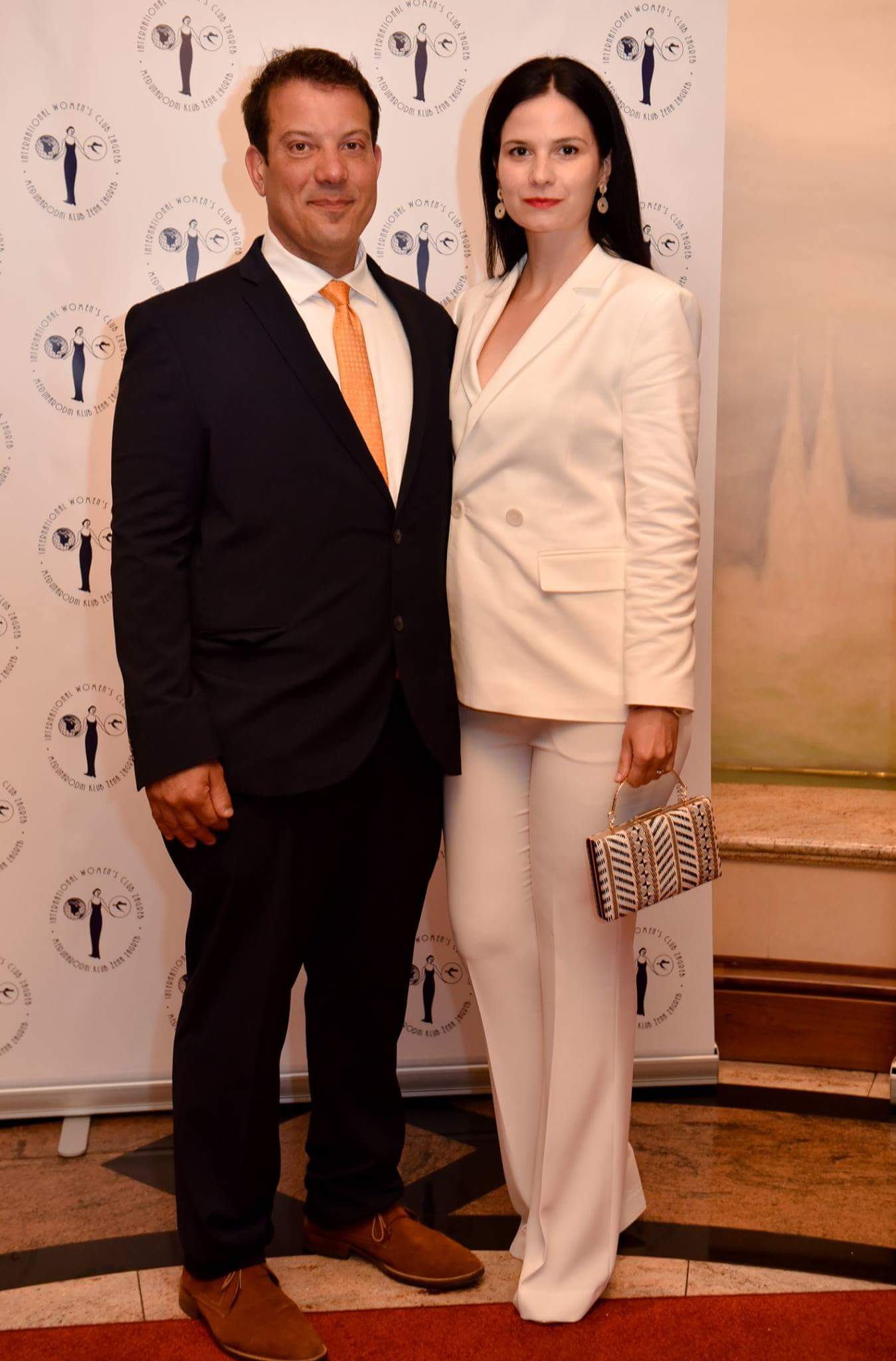
I was born in Hercegovina, lived in Slovenia where I worked for an architecture and engineering company and now in Zagreb for almost 4 years. I don’t have a ‘romantic’ story like my husband Joseph about why I moved here. I actually did not want to live in Croatia. I got a job offer and planned to stay for a few months. The company I worked for had some interesting projects lined up. We worked on updating and renovating visitor’s centers for national parks including Plitvice, Kopački rit, some museums and hotel chains. So I kept prolonging my stay.
Zagreb is changing a lot, in a good way and I started liking it. It is getting more European in energy and lifestyle. There is a lot of potential from business perspective as well. Funny thing is I met my husband the first time I went out in Zagreb. I guess there was a reason I needed to be here for a few months...
After living here for 2 years, I realized I’m staying so I started my business here in architecture and interior design field –Axsis projects. It is a full service company that caters to investors in Croatian real-estate market. We provide permits, interior design, project management and full furniture fit out.
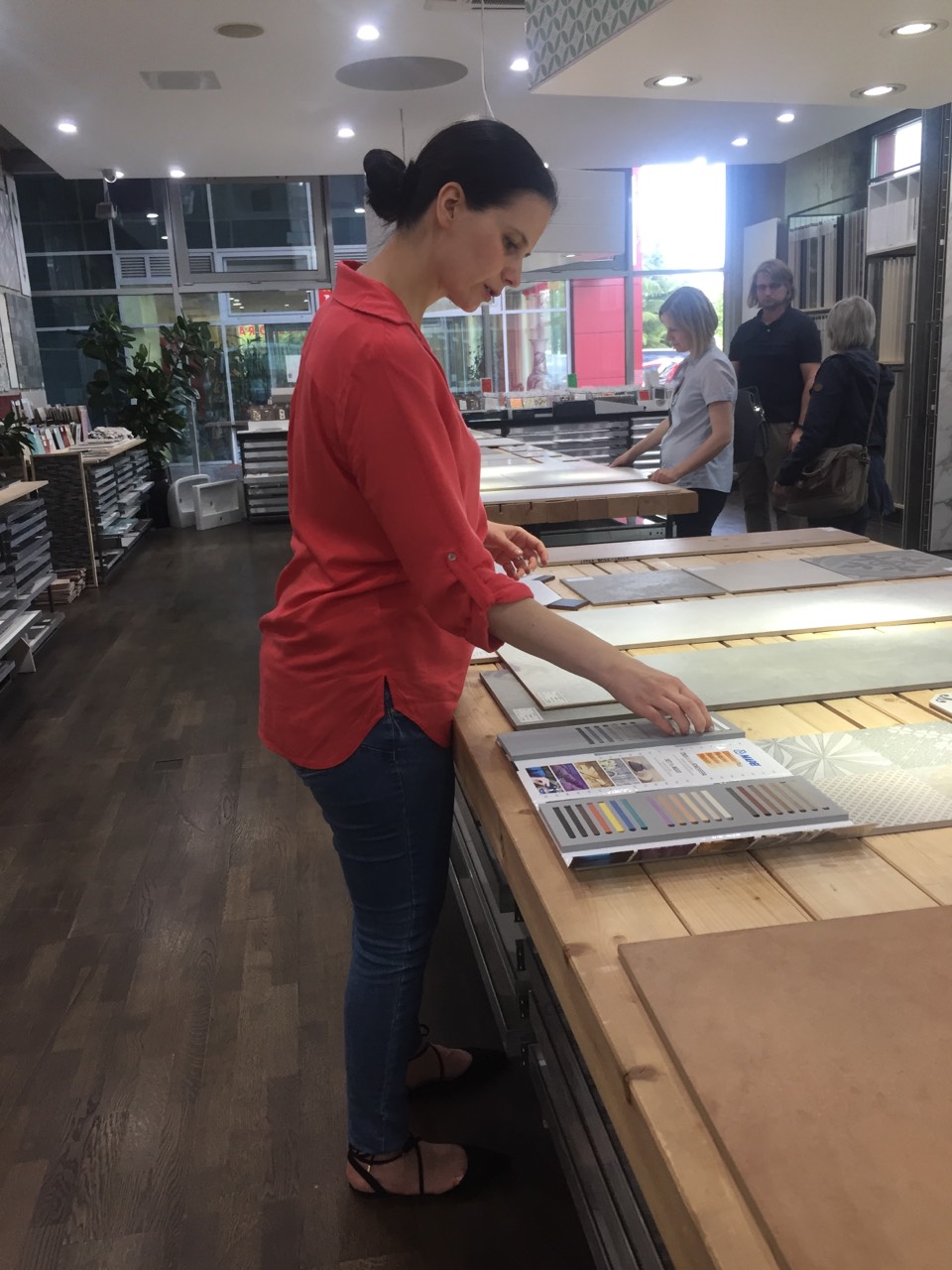
But one of the services my clients appreciate the most is managing the project until completion and being their eyes and ears during the building phase here in Croatia. Doing business in Croatia is not easy, there are many roadblocks but there is a lot of ‘cake’ left for quality services in the Croatian market.
2. Looking back, what were your hopes, expectations and fears about moving to Croatia?
My fears were mentality, not having the opportunity to develop professionally, bad healthcare. I think those were also my expectations But there are plenty of good people and opportunities here.
3. How supportive was your Croatian community back home at the time?
Not at all. It is considered a failure to move somewhere else and not stay there your whole life My family is happy if I’m happy but everyone else is ‘confused’ by my choices. My goal was to start my business - I got that here; great weather - I got that here; a great and supportive community- I got that here too. And also I’m a big foodie, and access to good fresh food is amazing in Zagreb. I was not attached to any specific location or country but I knew what I wanted from life. I guess it all came together in Zagreb.
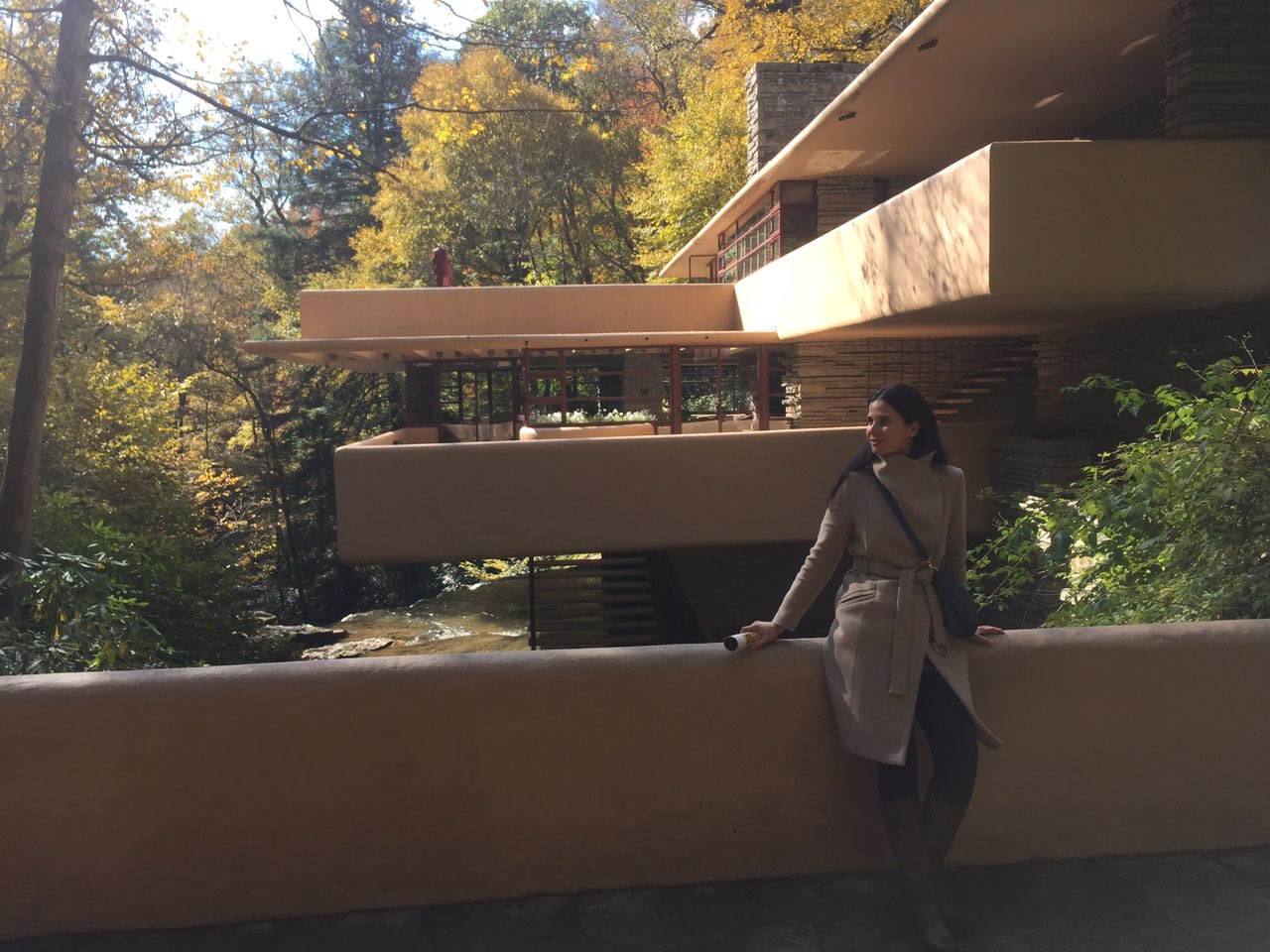
4. Many diaspora think of returning but few do. In truth, there is little information out there about real-life stories and help/info about the process. What advice do you have for those who are thinking about making the move?
Have a good financial background or a secured job. Life in Croatia is not as cheap as you think. You can’t get a job just because you showed up. Even with many industries lacking workers it is not easy. Learn the language. Things here move much slower than expected - prepare for that. I hear so many stories with things going bad. And I noticed it is mostly for the same reason - people expected things to be done the same way as in other countries.
Different environments have different rules and need different strategies. Emotional resilience in a must for survival here. I’m very involved in the international community here and that is very helpful. I’m also a member of ACAP and a member of the International Women’s Club Zagreb. Both of those associations are full of people with good advice about life and business in Croatia.

5. How were you perceived in Zagreb as diaspora moving back - was the welcome warm?
I did not pay much attention to that. I met some good people and some bad people. I think bad ones are bad to everyone, so that did not upset me too much.
6. Through a lot of hard work, you have been very successful, while many foreigners have given up and left Croatia. What are the keys to success in doing business in Croatia in your opinion?
As already mentioned emotional resilience... If you have an entrepreneurial mindset you will figure it out, if not it is going to be 10 times harder than in your country. There are many members of the expat community that have successful business here and are willing to help. That helped me a lot, not just advice but knowing that someone who does not speak the language can have a successful business in Croatia.
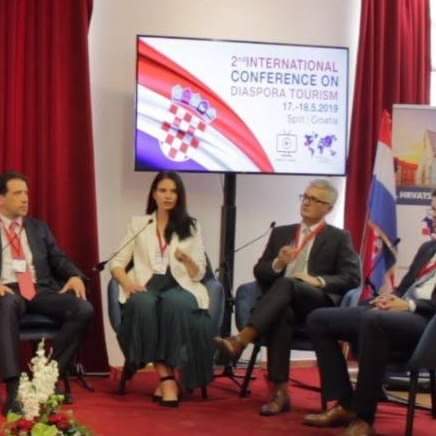
Get a great accountant, they will save you from bad decisions. Ask them everything and don’t assume just because you read something, heard something that it is true or applicable to your situation. Trust google more than the guy from the local bar who says he knows everyone and everything. As any business anywhere, know your market, adapt and change fast. And stay away from ‘I have a great deal, just for you, just because I like you’ –this usually involves your new found ‘best friend’ treating you with ‘janjetina’.
7. What is the diaspora community like in Zagreb and how integrated is it with locals?
I think that diaspora community is existing mostly parallel with locals. But many locals are very open to diaspora and expats, especially in the entrepreneurial community.
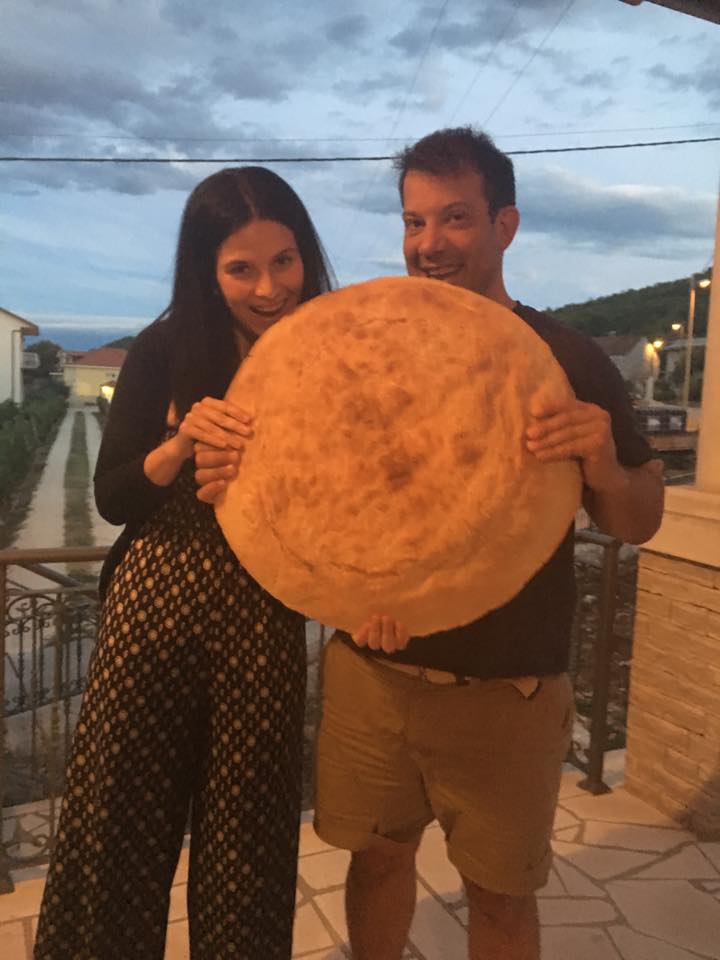
8. And finally, a word on this conference. How was it for you, and what were the main take-home points?
People were great! That is the most important thing. I think speaking about the problems is important. If you just stick your head in the sand those problems will eventually bite back and you will lose more than facing them in the first place. Conferences like this offer solutions, we just need to find a way to start implementing them.
You can connect with Martina via the official Axsis Projects website.
For more on the Croatian diaspora, check out the TCN dedicated section.
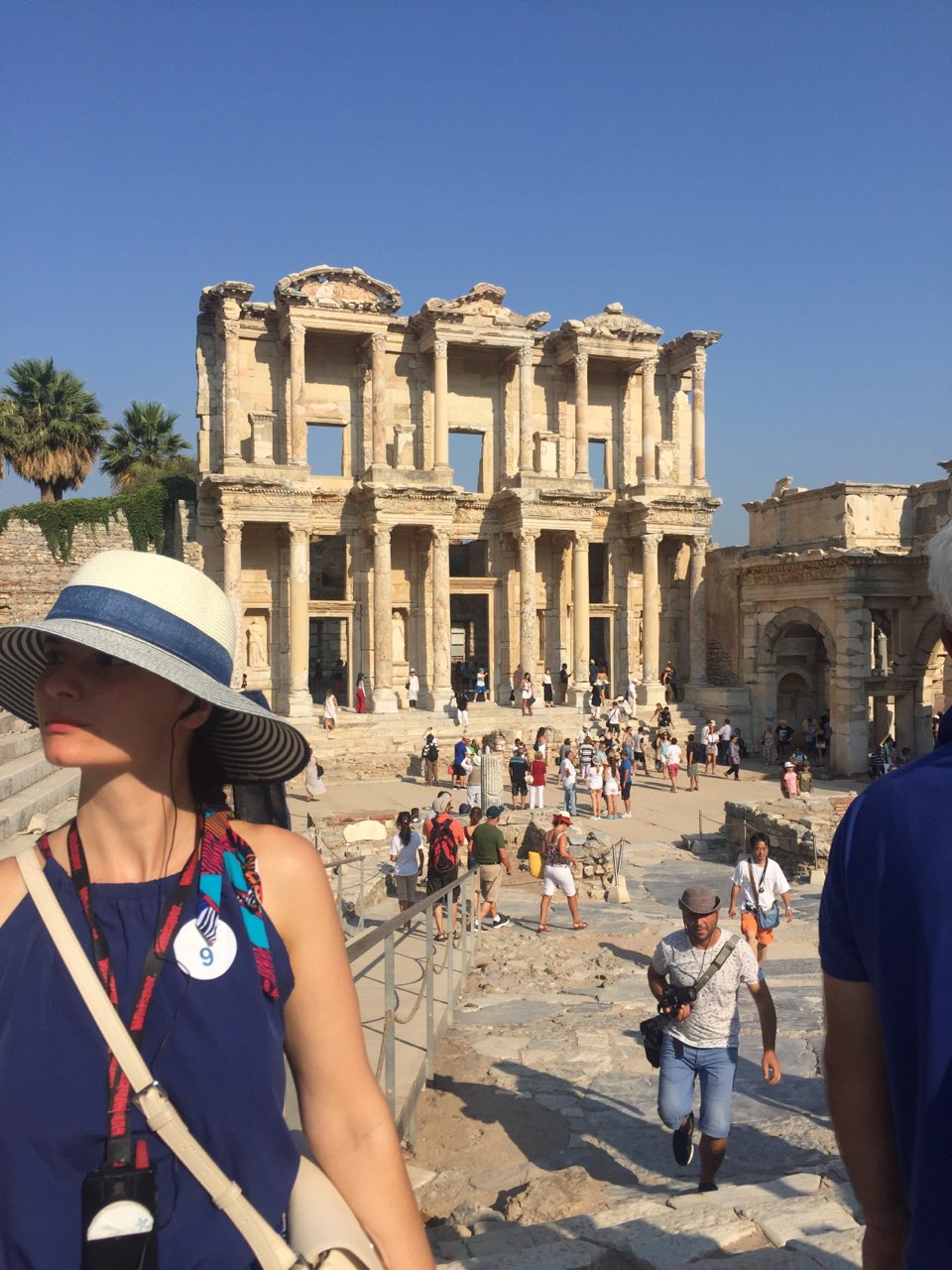
Successful Diaspora Returnee Stories: Ante Lucic, Cronnect Me, Zagreb
The 2nd International Conference on Diaspora Tourism took place in Split on May 17, 2019. TCN meets some of the returning diaspora who have made a success of life in Croatia. Next up, Ante Lucic of Cronnect Me in Zagreb.
1. You are from the Middle East but returned to Croatia, something that many Diaspora dream of doing. Tell us briefly about your journey.
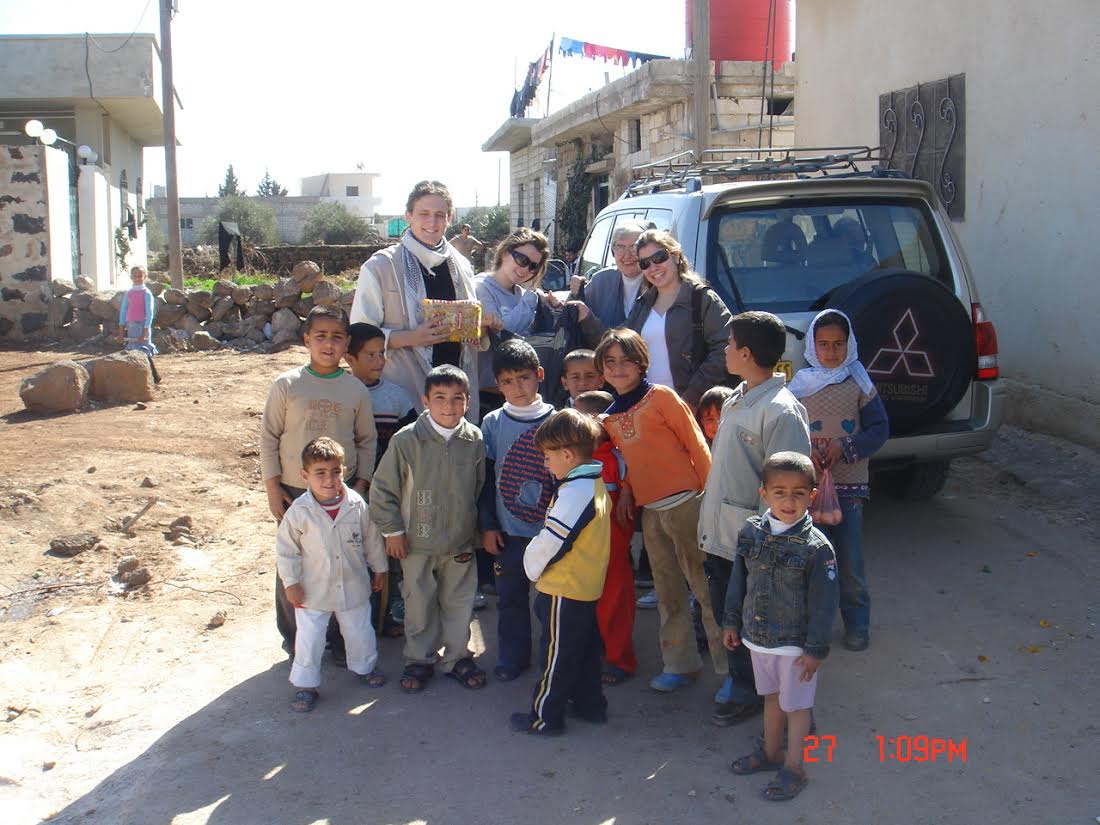
Well, even though I like to refer to Syria as my second homeland (because of the impact it had on my life and the way I see the world), I would not actually say I am from the Middle East. I did, however, graduate from an international school in Damascus, Syria. What brought the whole family to that wonderful country was my father's job.
At first I experienced a culture shock and wanted to return to Croatia, but I soon realized what an amazing place I was blessed to live in. Throughout the 2000s Syria was a very safe, fun, and pleasant to live in. As foreigners we felt very welcome and very well accepted. I still cherish many experiences and friendships I had made in Syria. This is why it has been extremely heartbreaking to see Syria go though bloodshed and civil war. Now that the crisis is (almost) over, and knowing what Syrians are like, I am pretty positive that the country will recover or at least resemble what it was a decade ago when we lived there. After Syria, I moved to Bremen, Germany where I obtained a BA in International Relations and History, and then went to Hamburg where I got my Master's degree in both Law and Business. Although I loved both Syria and Germany for all their differences, I always felt that my place was in Croatia. And so I returned.
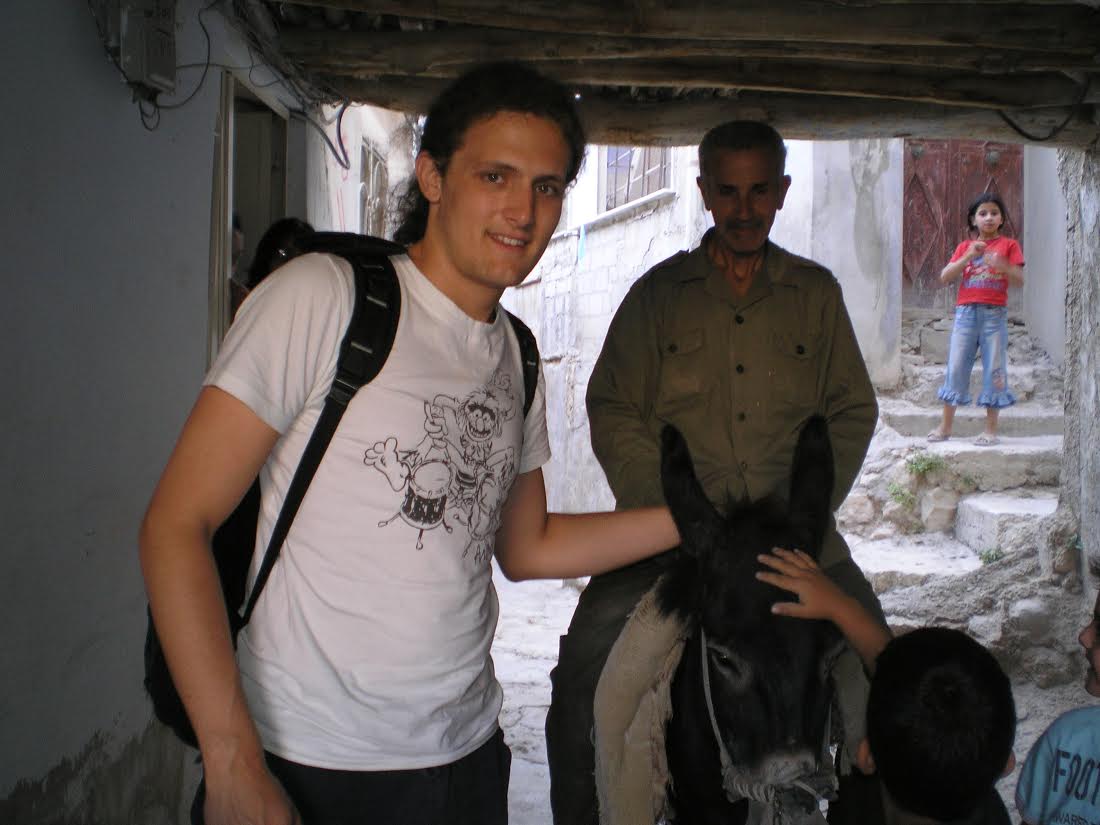
2. Looking back, what were your hopes, expectations and fears about moving to Croatia?
It may sound strange, but at first I had no clear plan whatsoever. What's more, I could easily stay in Germany and pursue a career there in various fields since a number of opportunities were about to open up for me. Even though I love Germany and still travel there quite often, deep down I felt that I was not going to be happy had I stayed there. Hence my homecoming was initially spontaneous but I soon decided to make it more strategic by starting my own business.
Having travelled the world, lived abroad, and hung out with highly diverse and international groups of people, I have developed an interest in human capital. We started off as an education and career consultancy, but gradually developed into a serious HR & Talent Management agency. I do not remember having any major fears nor was I burdened by specific expectations (we entrepreneurs tend to be a little nuts anyway :).
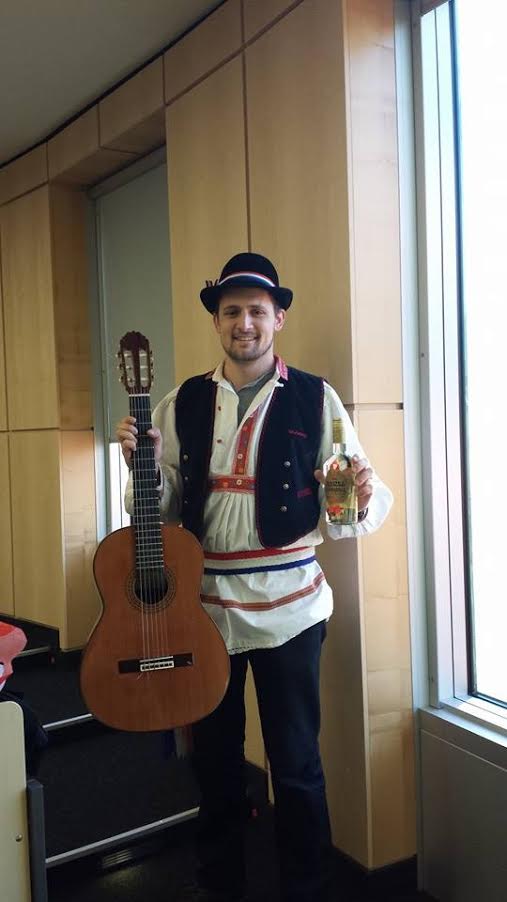
Instead, my goal was to survive and create something out of literally nothing and have fun while doing it. Since my work itself involves communicating and working with many people and organizations, and since I consider myself a people person, it has mostly been fun and joy!
3. How supportive was your Croatian community back home at the time?
While living abroad I have never lost contact neither with my family nor with my childhood friends in Croatia - many of whom I continue to be close friends with today. I would come to Croatia at least twice every year and spend most of my time with my favorite people. This is the main reason why I did not quite feel like I am coming to the unknown upon my return. Generally speaking, support is a two-way street. The more of it you give the more you shall receive.
Unfortunately, many of my friends who were in Croatia when I was abroad have recently emigrated themselves and contributed to forming what we call "New Diaspora". I understand what they are going through, I continue to give (and receive) support, hoping to see them come back to our Homeland.
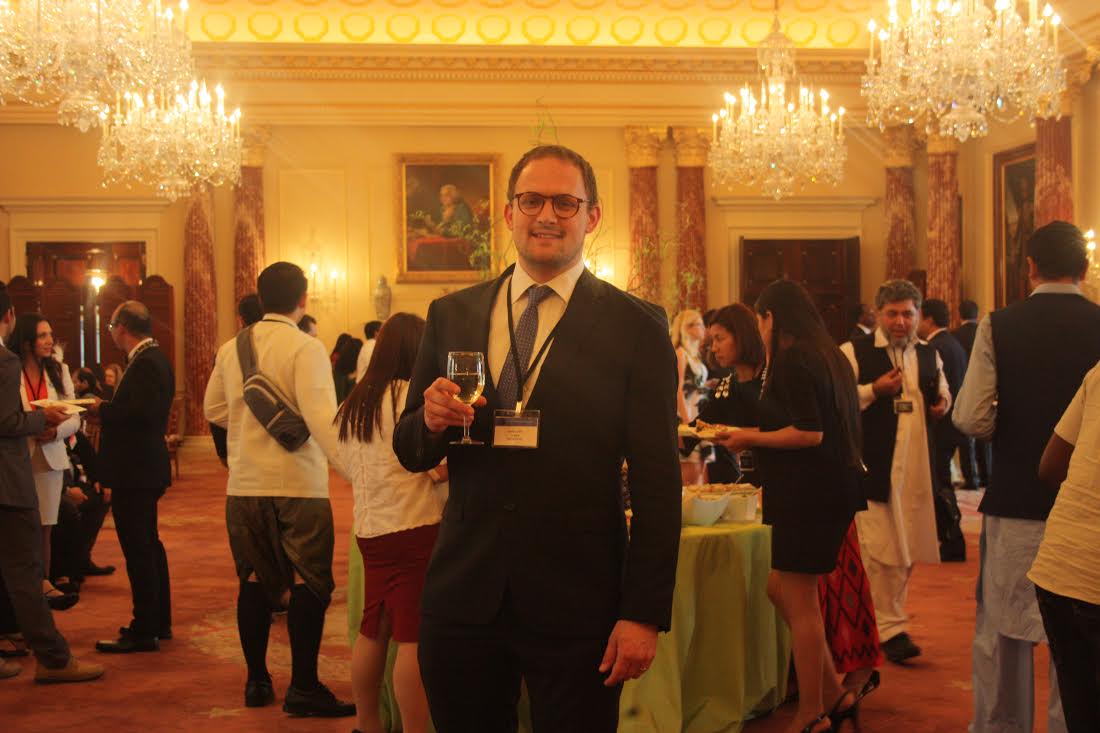
4. Many Diaspora think of returning but few do. In truth, there is little information out there about real-life stories and help/info about the process. What advice do you have for those who are thinking about making the move?
As Simon Sinek would say, first start with "why". Figure out your vision, define your values, and see whether and how Croatia specifically plays into that big picture. The rest is much easier as it involves setting goals and identifying an area/field where you can make the biggest impact, i.e. where you can bring your international Diaspora experience. However, be prepared to find yourself making much less money than outside of Croatia. If you do not consider that to be your greatest challenge, do not overthink things - give it a shot and come back, there are great things here!
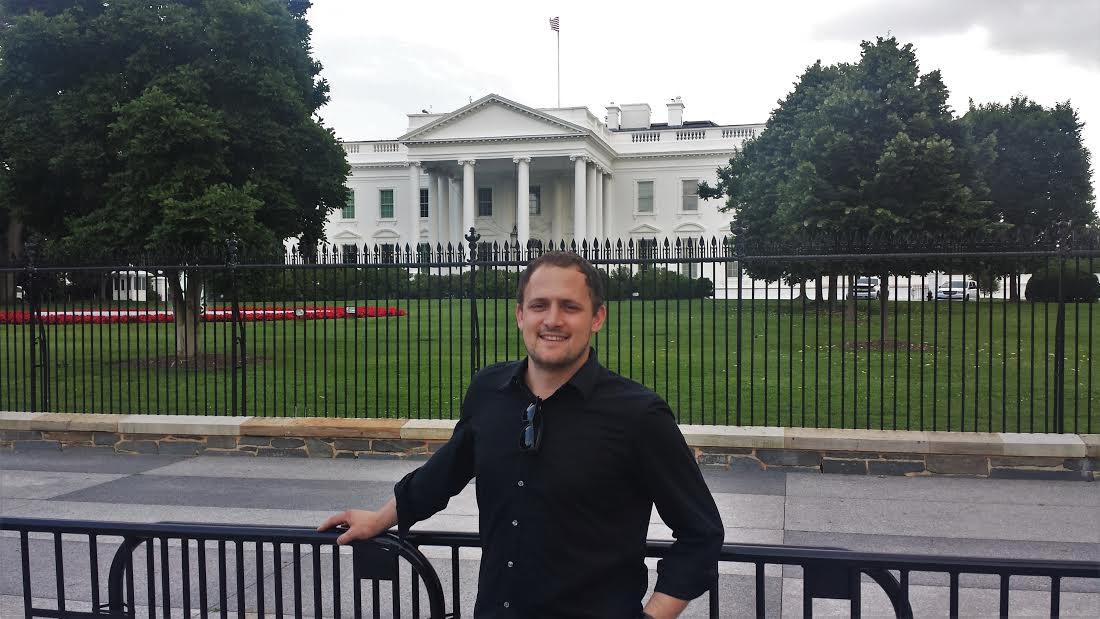
5. How were you perceived in Zagreb as Diaspora moving back - was the welcome warm?
Even though it has been a good 5 years since I came back, I still continue to be perceived as "that returnee" or "the guy who lived in Syria". People have been finding it interesting, and I have been feeling in Croatia like I felt when I was in Syria - very welcome and very well accepted. Sometimes I get weird-sounding questions such as: "You must be out of your mind to have come back. Don't you see that the country is falling apart?"
After I explain my reasons and that I truly believe in Croatia despite its hardships, and that I find it to be the best country to live in the whole world, people still think that I am a bit nuts, but they accept me nevertheless. Fine by me!
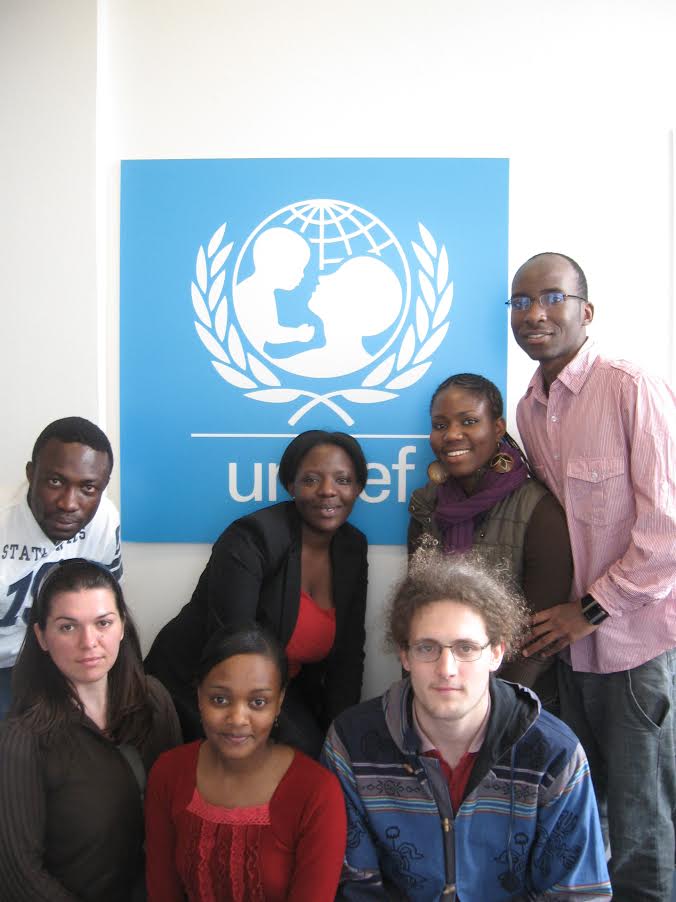
6. Through a lot of hard work, you have been very successful, while many foreigners have given up and left Croatia. What are the keys to success in doing business in Croatia in your opinion?
I have yet to reach the point where I would consider myself successful. But I am (still) not giving up! Excuse my language, but if you are planning to come to Croatia and do business here, you have to be ready to eat shit for some time, at least at the beginning. Yes, this is true for many other countries, especially if you are moving there to start a business. I would say it is essential to have priorities other than only making money. This is not to say that it is impossible to get rich here, it is just a bit harder than in other places.
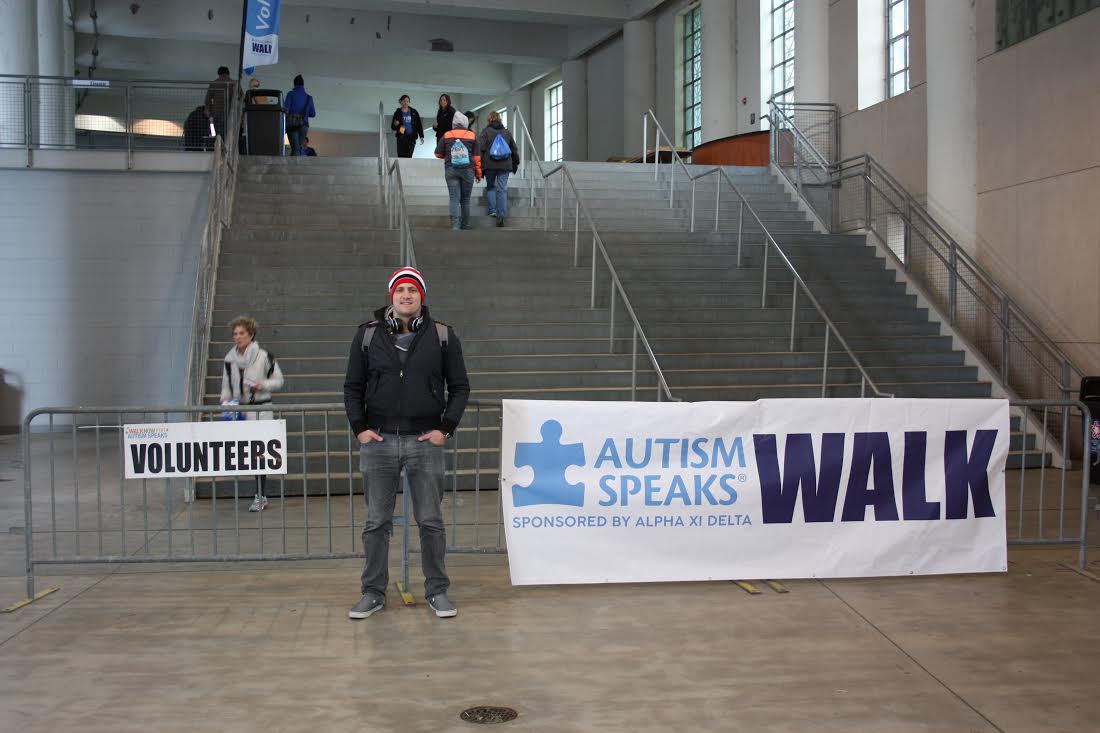
Croatia can be quite testing in terms of the business climate and the economy. However, it is useful to acknowledge many other benefits of being in Croatia: it is safe, healthy, great for family and kids, it is beautiful, and the people are plain amazing. Many other "developed" countries do make it easier for you to make serious money, but they lack many of the above-listed things. For me personally, these will always have priority over money only. It is quite unfortunate that we take for granted so many of the good things Croatia has to offer.
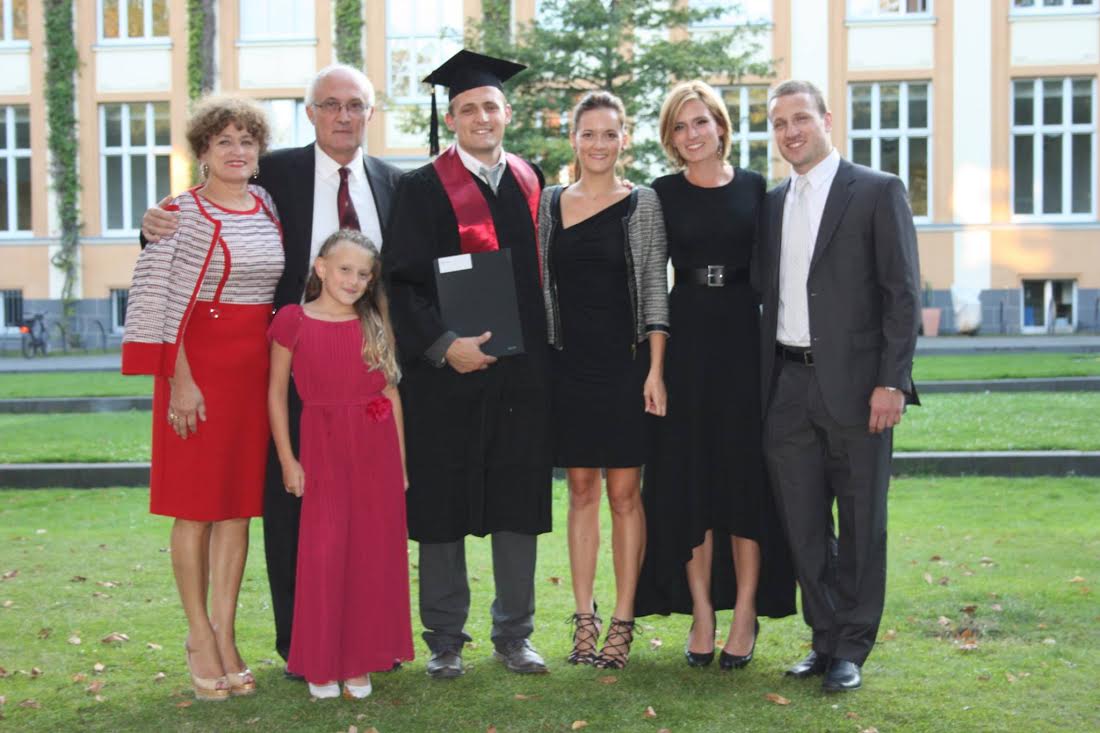
7. What is the diaspora community like in Zagreb and how integrated is it with locals?
I have been very pleased to see that the Diaspora in Zagreb is very well integrated and "mixed" with the locals. I would assume they get similar questions like me, but it does not seem to bother them much. I am also pleased to see that all of them who I know figured out the "keys to success" I listed in the answer to the previous question. Also, the integration of our Diaspora in Zagreb would be much harder without brilliant individuals like my returnee friend Kris Krmpotic. He and a few other people run social media groups, organize events and bring together the locals, expats living in Zagreb, and the Diaspora/returnees. In these groups we enjoy helping each other, answering each other's questions, hanging out online and offline, etc.
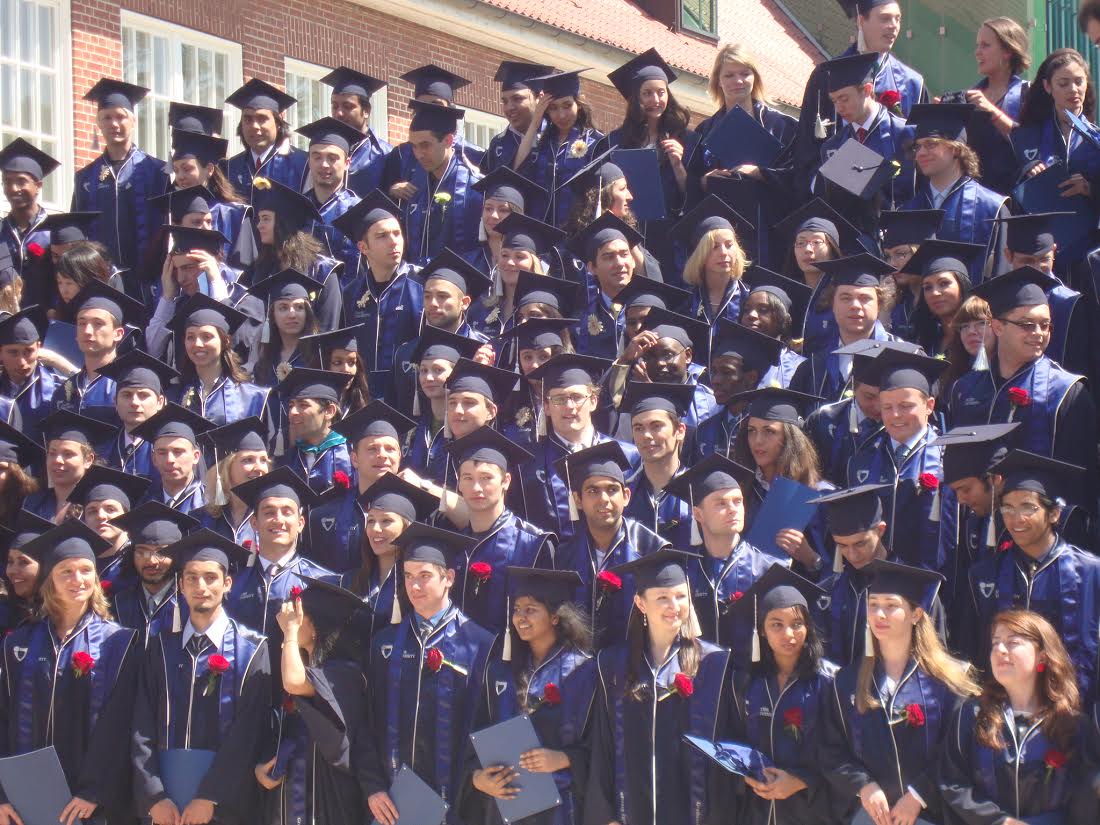
8. And finally, a word on this conference. How was it for you, and what were the main take-home points?
I am very thankful to have been part of this conference. Even though tourism was the central topic, my role was to showcase 5 Croatian early-stage startup companies from different industries. I was able to do this since all the startups are users of my platform Cronnect.me. As the name suggests, my job is to "cronnect" our young and creative entrepreneurs with potential investors from the Croatian Diaspora. I tried doing the same at the conference and I am happy to say that some interesting contacts have been formed. For me, the main take-home message was that we have to continue overcoming our short-term personal interests and find room for cooperation to build a functioning "Diaspora-Homeland Eco System". The Croatian Diaspora is not homogeneous and it should not be. We must persist in using our diversity and human capital to (re)build our country.
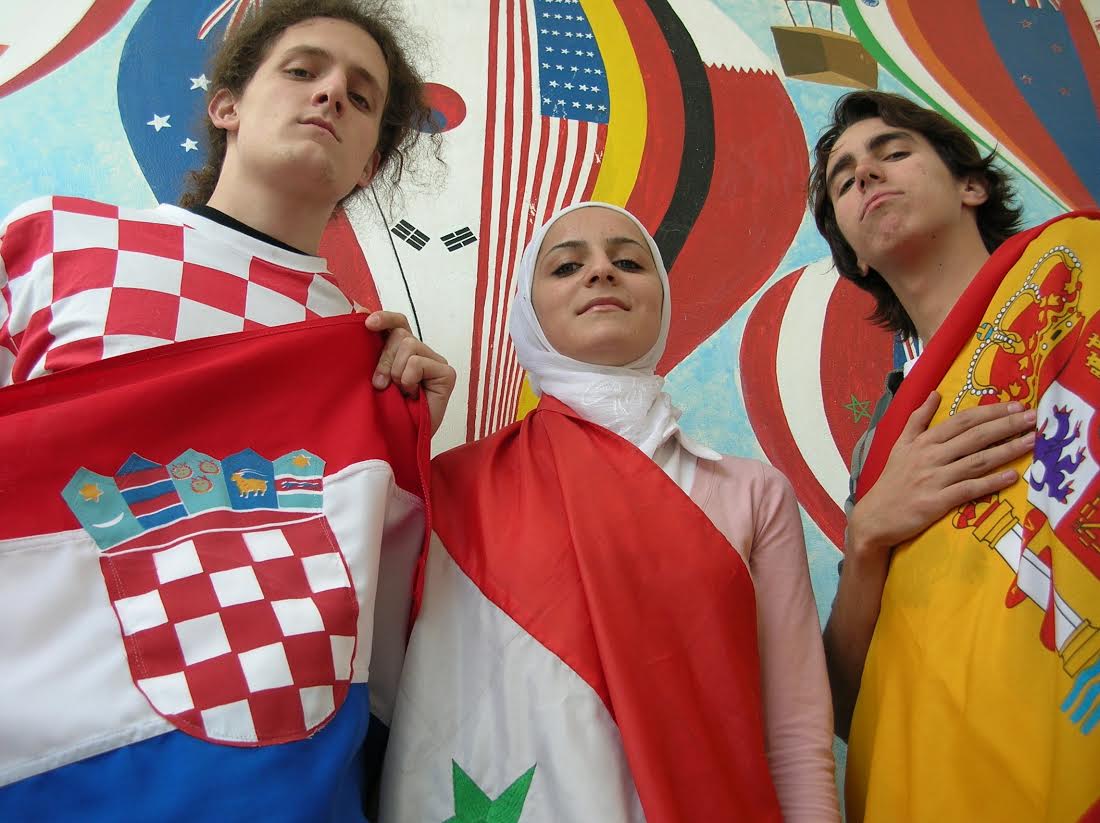
You can 'Cronnect' with Ante Lucic via the official website. Now enjoy his presentation and those startup pitches as the conference in the video below.
For more on the Croatian diaspora, check out the TCN dedicated section.
Successful Diaspora Returnee Stories: Joe Kustra, Axsis Projects, Zagreb
The 2nd International Conference on Diaspora Tourism took place in Split on May 17, 2019. TCN meets some of the returning diaspora who have made a success of life in Croatia. Next up, Joe Kustra of Axsis Projects in Zagreb.
1. You are from the States, returned to Croatia, something that many diaspora dream of doing. Tell us briefly about your journey.
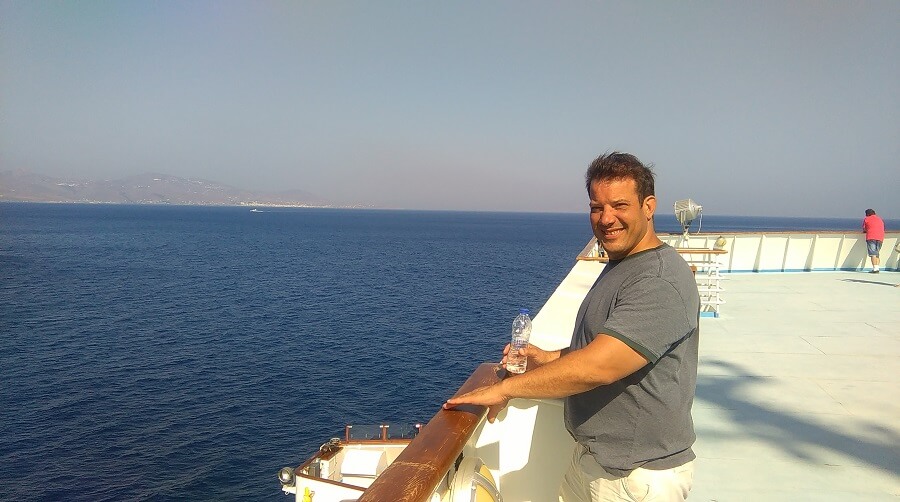
I came to visit my grandmother as a child in 84-86 and I spent entire summers here. I made friends that I still have today. I had unforgettable summers and always wanted to return. I’m originally form New Rochelle, NY. My father is Croatian and my mother American. After university I started working at a company trading equities in NY city. I’ve been self-employed since 1999 in equity trading. I invested in Croatia in real-estate in Dalmatia in 2001/2003 because I saw undervalued real-estate and great potential. I think this is also one of the best places in the world to vacation. I’ve been coming to Croatian every summer for the past 18 years. I spent years working in offices so I wanted a lifestyle change, less stress, more time on the beach, maybe go fishing and enjoy good food and wine. Croatia offers all of that. I met my lovely wife here and we decided to stay and start a family. My rental business is doing excellent and I do business development for the architecture company my wife founded - Axsis projects. Since most of our clients are foreign and investing in Croatia I can relate and understand specific problems they face since I went through it myself.
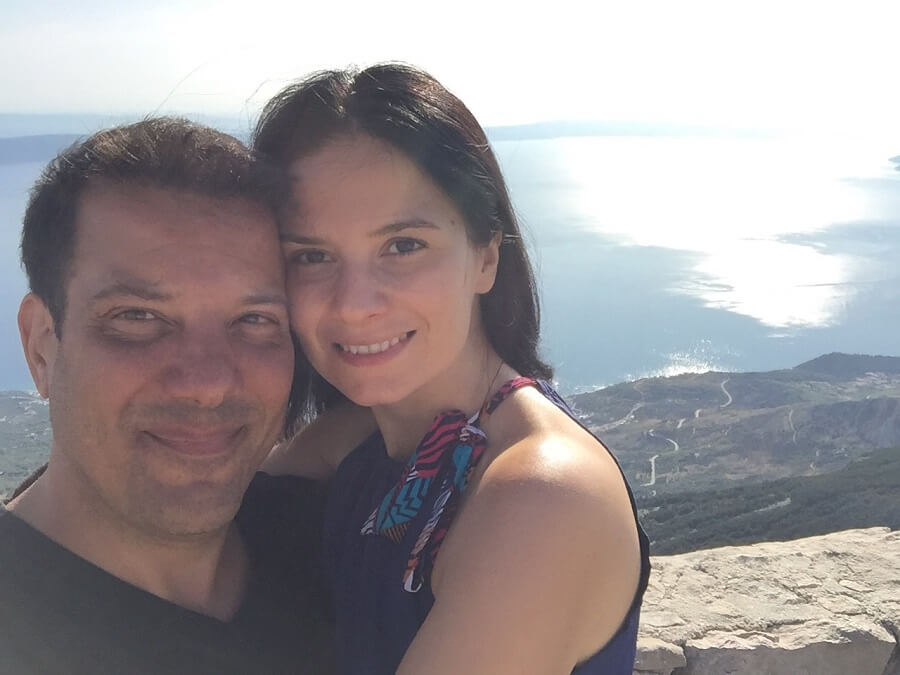
2. Looking back, what were your hopes, expectations and fears about moving to Croatia?
Biggest fears were not knowing the language and dealing with south Croatians about business. I had such bad experiences before. And being on my own, not having a network of friends and family to call out for help. Things have vastly improved over the past 10 years. I hoped doing business would be more transparent. But I’ve always been fiercely independent and a self-starter. I never really expected much but I knew to always count on myself to get things done. Dealing with the Balkan mindset was also one of my big worries.
3. How supportive was your Croatian community back home at the time?
My father and his friends did put me in contact with some local people in Croatia. The first Easter and Christmas would have been difficult if I was alone. I was invited to a wonderful family friends house for those holidays. My father was very happy and supportive. He is also very happy that his son married a Croatian girl and decided to live in Croatia.
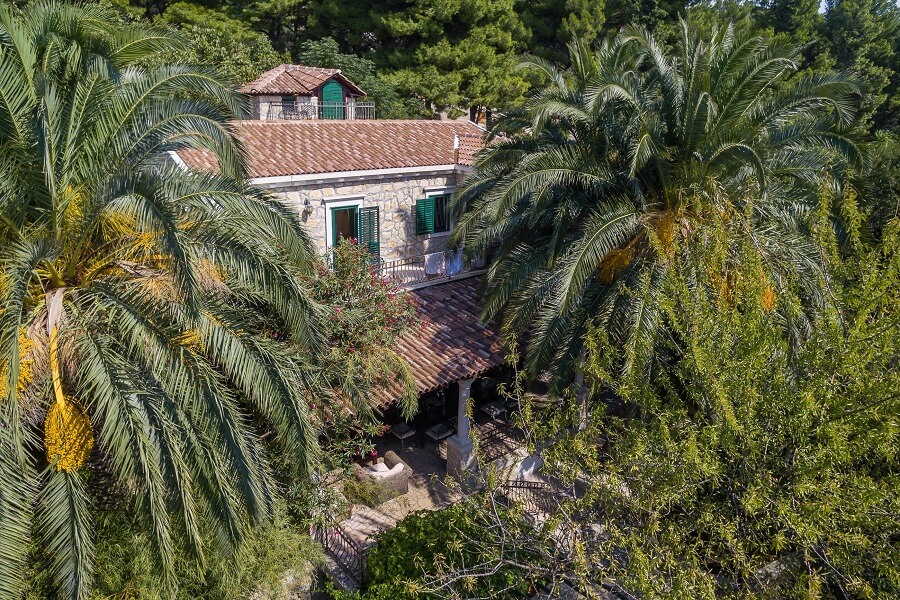
4. Many diaspora think of returning but few do. In truth, there is little information out there about real-life stories and help/info about the process. What advice do you have for those who are thinking about making the move?
I would say go for it. However, many of the things that we take for granted in the western world we can’t even expect here. You need to be proactive in achieving what you want, don’t look for handouts. It’s a good idea to have some financial security to support yourself for 6-12 months. Try to connect to the diaspora community here to assist you with your move. Be extraordinary careful about investing in real estate here and make sure you only deal with reputable people. What helped me is getting involved in expat community. For example, I’m a member of ACAP- American Croatian Professionals Association which gives me access to amazing people and a supportive community.
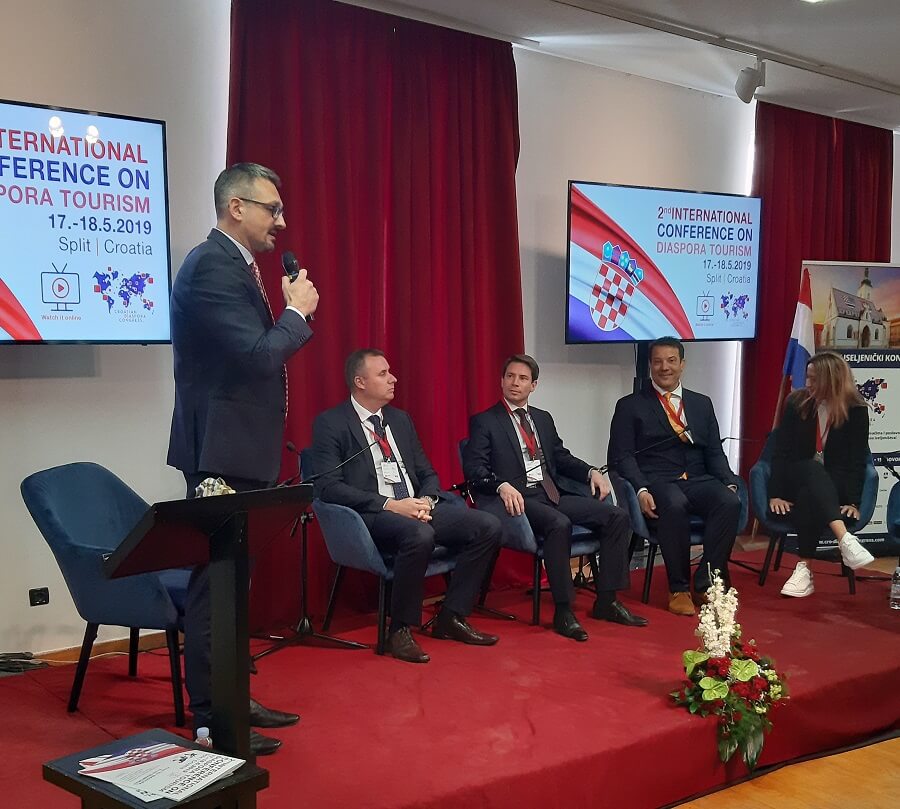
5. How were you perceived in Zagreb as diaspora moving back - was the welcome warm?
A lot of people were very shocked that an American would pick up and move to Zagreb. Why would you want to move in while everyone else is moving out? For the most part the welcome vas very warm. I managed to meet some wonderful people. A small minority were hostile towards my move. Old divisions and traumas still influence the way people treat foreigners. Younger generations are very open-minded and western orientated.
6. Through a lot of hard work, you have been very successful, while many foreigners have given up and left Croatia. What are the keys to success in doing business in Croatia in your opinion?
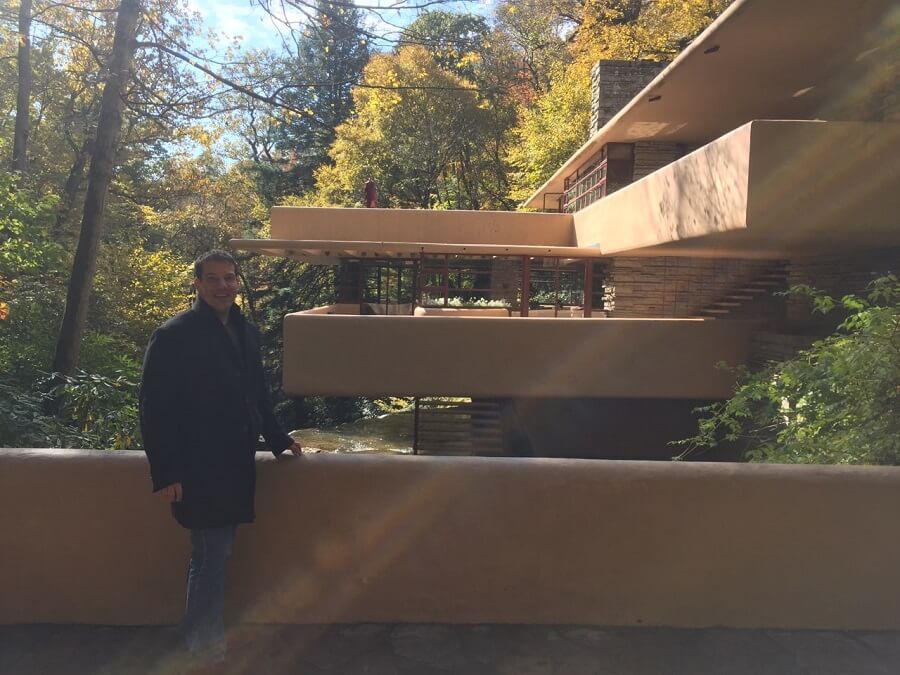
Persistence, hard work and initiative. Everything in Croatia is more difficult to accomplish than in the US, but through hard work and finding the right people, everything Is achievable. For example, I had tremendous difficulties finding contractors to do small jobs around my house. I stopped relying on outside help and started doing many things myself - plumbing, masonry, electric, roofing and similar... I could not find a welder so I bought my own welding machine and started watching – how not to kill yourself while arc welding 101 . In America they say if you want something done right you have to do it yourself. In many cases that is true. It is very important to surround yourself with honest hard working people who share your values. Avoid the smooth-talking con artists at all costs.
7. What is the diaspora community like in Zagreb and how integrated is it with locals?
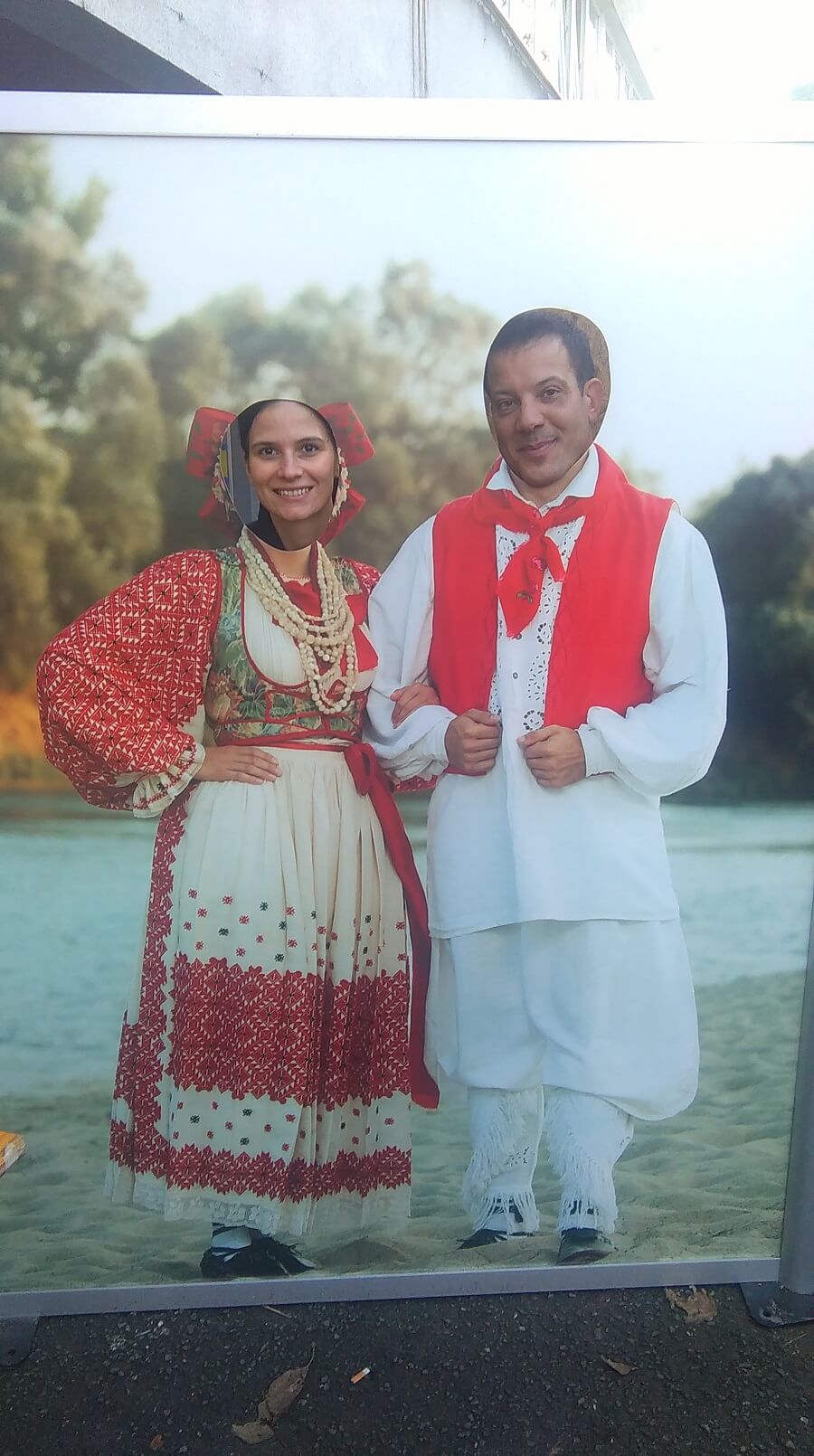
It is quite segmented but through FB meetups I managed to meet some great people. I think connectivity is improving with quality gatherings. Social networks are a crucial tool or personal networking. Diaspora and expats groups are excellent to help each other integrate and thrive.
8. And finally, a word on this conference. How was it for you, and what were the main take-home points?
I thoroughly enjoyed the conference. I felt that there was an inspirational and positive energy in the room. All of the speakers brought renewed optimism not only to the conference but to the country. Besides ‘don’t trust your cousin’ make sure that you are dealing with qualified honest people to further your business investment in Croatia.
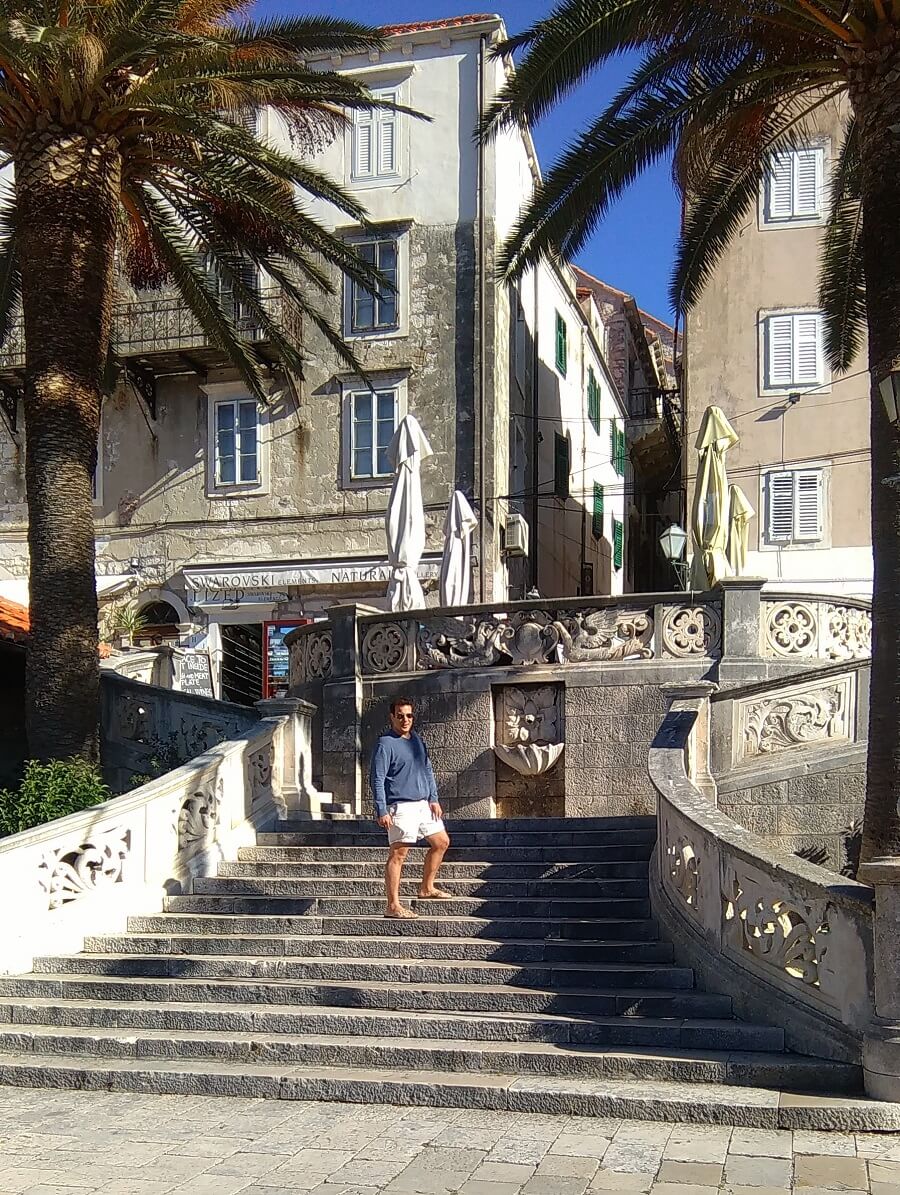
You can connect with Joe via Axsis Projects.
For more on the Croatian diaspora, check out the TCN dedicated section.
Successful Diaspora Returnee Stories: Kreso Gotovac, Trigon, Split
The 2nd International Conference on Diaspora Tourism took place in Split on May 17, 2019. TCN meets some of the returning diaspora who have made a success of life in Croatia. Next up, Kreso Gotovac of Trigon Capital in Split.
1. You are from Canada, returned to Croatia, something that many diaspora dream of doing. Tell us briefly about your journey.
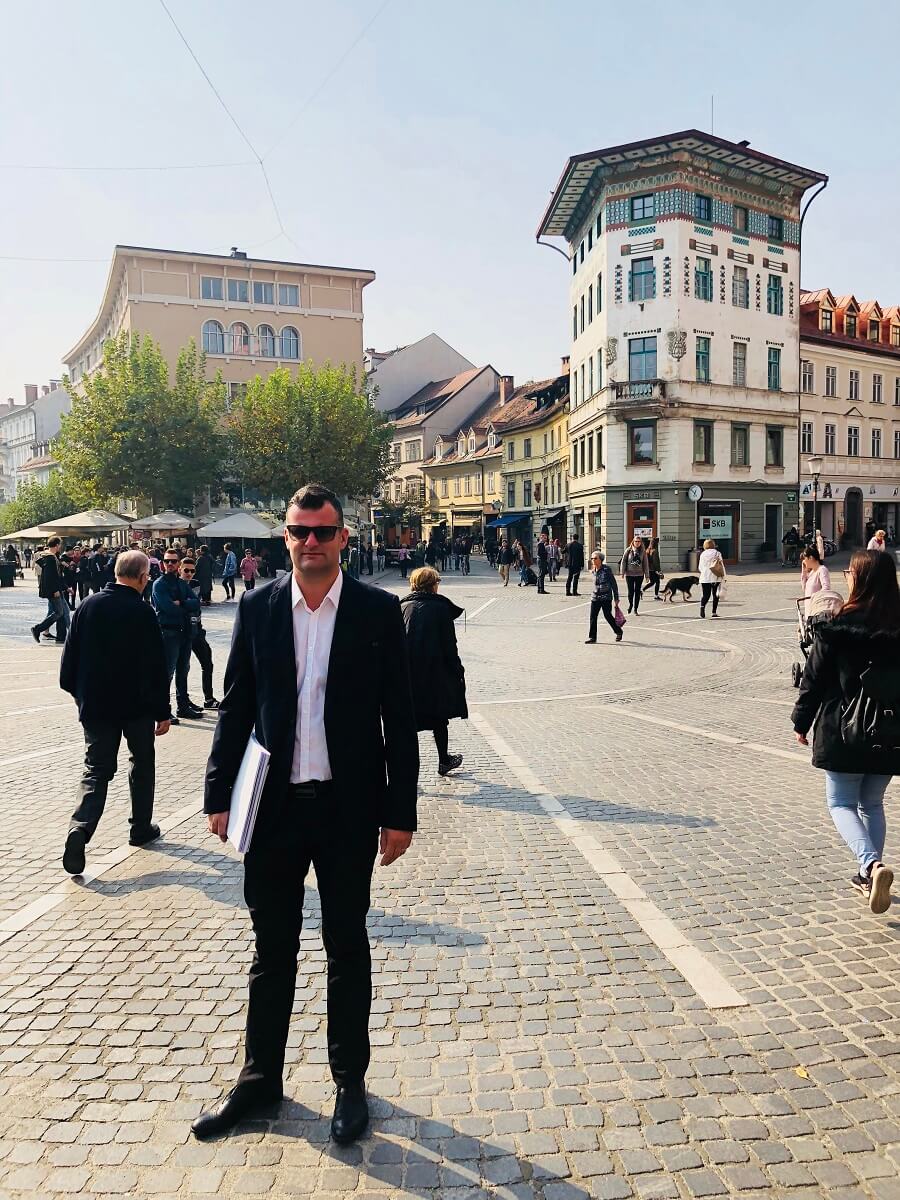
I left Canada 19 years ago, but I had a very different path in returning. It was a very multistep process, moving around back and forth from neighboring countries until I finally made my home base in Split. Croatia, in particular Split, was always a faraway dream, as I visited regularly with my family, and made a large base of friends throughout the younger years that I still have today. So, when I had the opportunity to join a start-up telecom company in Slovenia in 2000, I did not even have to think about it for a second. I accepted the job and left 7days following a phone interview, as I had asked, “When do you need me to start?”, and he said “yesterday”. One of the major reasons for leaving Canada was the daily commute of 1.45 hrs to work and then 1.45 hrs back, making the dream job that I had in Toronto somewhat of a fantasy, as you don’t have much time or energy to do anything after spending so much time on the road.
My commute to work now in Split is a 5-10 min walk through the 1700 yr Old Historical Diocletian Palace, or a quick electric bike ride. Now, looking back and comparing, I have more than 3 extra hours to enjoy with family and friends and many, many “kava” meetings, all the while, getting well-deserved vitamin D in the sun on the Split promenade and other places. I must also mention that this life-changing move was all due to the part my brother Danny played in organizing the phone interview. He had already been living in Europe/S.America for 6 years at that time and dreamed of us brothers working and living the European lifestyle together. His dream came true and made mine as well, and to this day I am grateful to him.
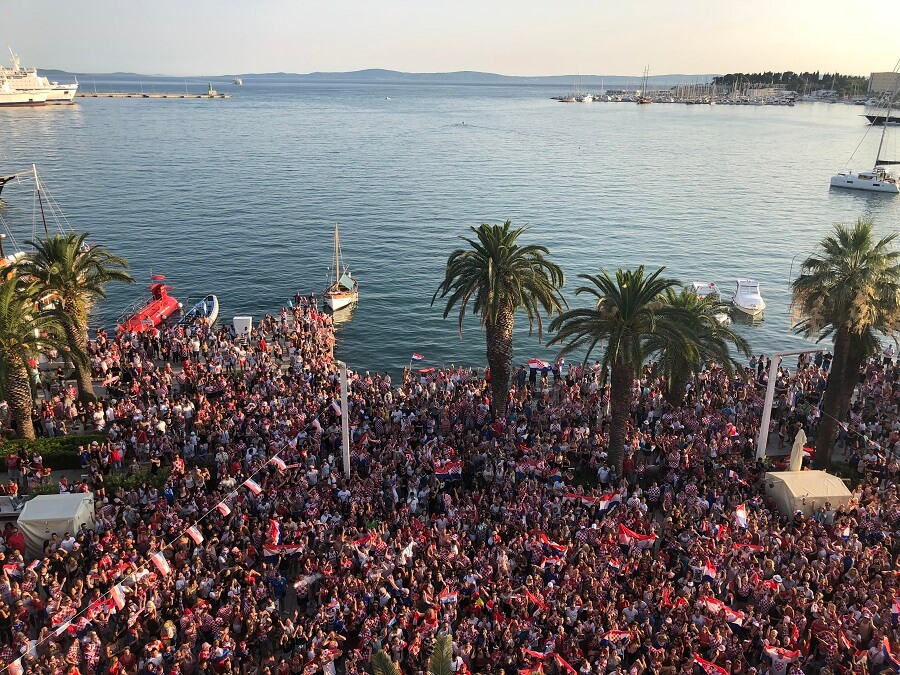
From my initial position in Ljubljana which was supposed to be a 6-month contract, but extended to 2 years, I found my way to Split through networking and meeting business like minds, thereby continuing telecom services and opening a firm. After working in Split for 2 years, the project ended abruptly, and I applied online to work for the UNDP in Kosovo and was accepted for a project lasting a little over 2 years. These were some of the most memorable life and learning experiences that Canada would not have been able to provide.
Shortly after, there was another interval of 2 years of working in Split where I met my wife and knew that I had to figure out a way of staying without constantly changing countries and projects. However, due to certain circumstances, I joined an Irish Investment Fund in Budva, Montenegro, developing residential property along the coast.
At that time, through networking, I met one of the key lifechanging individuals in my life, that was the CEO and founder of an Estonian Fund who was visiting Dubrovnik for vacation. After 8 months of team meetings and discussions, he asked me to join his team in Croatia, with the office based in Split on the main promenade. How could someone say “no” to this? So, I gratefully accepted and have been living in Split, and working with Trigon Capital for the past 10 years, investing and developing tourism and residential projects along the coast of Dalmatia with my college Tomislav Sladojevic, who also returned to Croatia from Germany 15 years ago.
With this next step in my professional career, my personal life also took off. I got married, and my wife and I decided to invest all of my savings into tourism, and thus, we opened SleepSplit.com - Luxury Suites & Rooms in the UNESCO center of town in 2012 knowing that “Split will be our forever home” as they say. This is the story in short as I would need to make a movie to explain everything in detail!
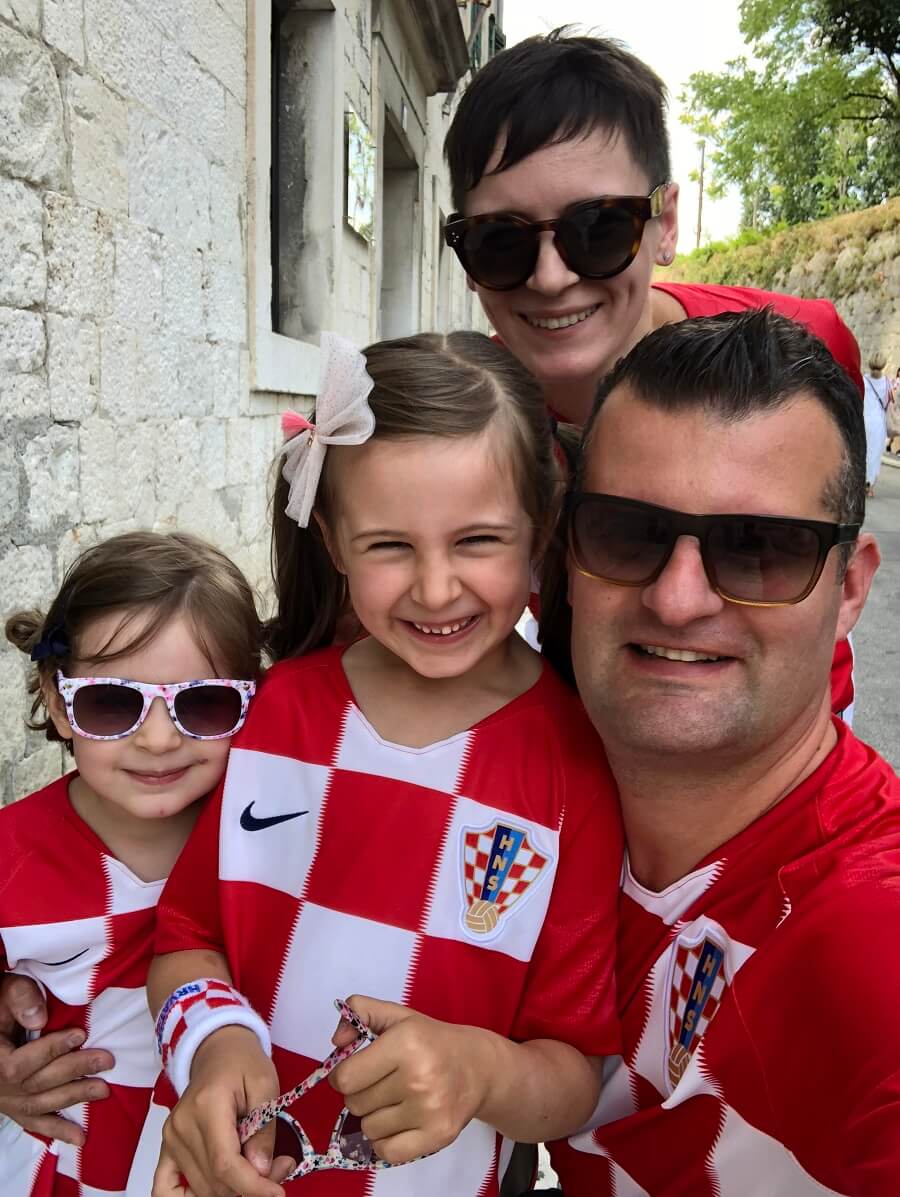
2. Looking back, what were your hopes, expectations and fears about moving to Croatia?
When I moved from Canada, I took a 6 month leave without pay from a career job in the center of Toronto. Everyone expected me to return. Soon after, I extended for another 6 months, but ended up staying for 2 years in Slovenia before moving to Croatia. That was 19 years ago. Returning to Canada was always an option in the early years, but jobs and opportunities continued to present themselves.
Today, Croatia offers so much more potential for newcomers, compared to how it was when I first came. Back when I arrived, I was changing countries and high-level jobs in neighboring countries, but today you can come to Croatia and start in any field and find or start your own company, especially in tourism, considering the enormous influx of tourists these past 5 years. In the beginning I was always looking at a short term project or start-up, but 10 years ago I knew I wanted to stay and this was a game changer! That’s why I invested into Sleep Split - Luxury Suites - to have a foundation and eliminate the worry and fear of moving again to another country and another job, especially now with a family of four.
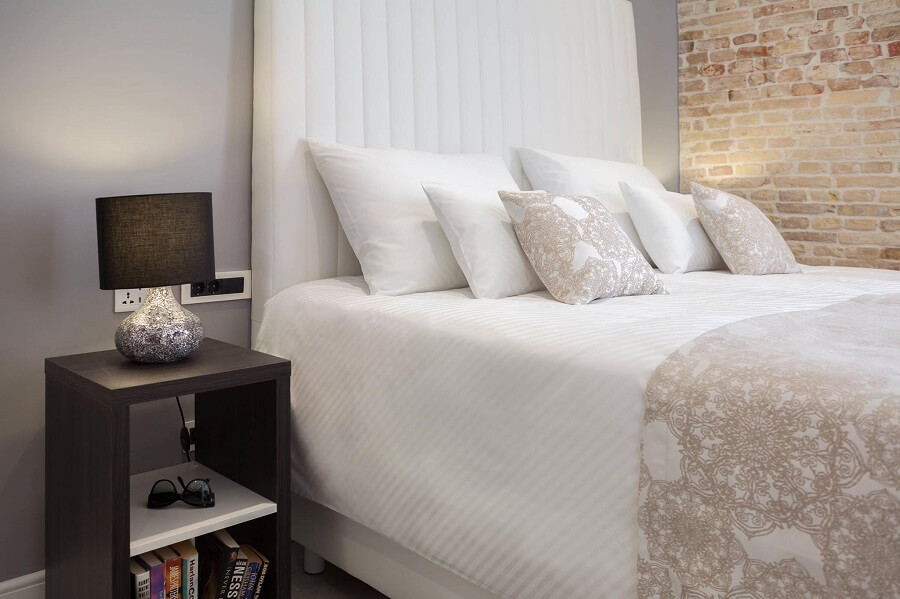
3. How supportive was your Croatian community back home at the time?
I think everyone believed it would be a short leave, but they soon realized I was not coming back! They accepted this and encouraged me during all my stages in getting settled in Croatia. During those early years and even more today, I have friends visiting and only wishing they could find a job like back home but live in Croatia. The funny/crazy thing is that they can, but the majority with families will never take that risk. However, younger generations are trying, as I know 3 individuals that have returned to Split from Canada in the past 3 years and all are successful. I encourage and wish everyone from the Diaspora to take the risk and return to Croatia, as that decision is the hardest to make.

4. Many diasporas think of returning but few do. In truth, there is little information out there about real-life stories and help/info about the process. What advice do you have for those who are thinking about making the move?
Life in Europe and along the coast in Croatia cannot be explained or described to give its beauty justice. This is especially true of Split; everyone just needs to do it and never look back. I believe if there is even the slightest opportunity, everyone should take it young or old. From summers in Croatia, winter skiing in Italian or Austrian Alps and everything in-between, it has proven to be a perfect formula. My very good local Croatian friend which I met more than 10 years ago would work 4 months and travel the world for 8 months. I always wondered how that was possible, an 8-month vacation? In Canada, you only have 2 weeks’ vacation.
Today in Croatia the season has expanded to 6-7 months, so vacation and time to work on other projects for someone in the tourist sector is now “only” 5-6 months. I consider this the dream job everyone can do if they decide to return to Croatia, just like my local Croatian friend that many know. There are so many of us Diaspora that do such seasonal work, and that is the hidden reality - you don’t have to settle with only 2 weeks’ vacation, but you invest and work hard in the tourist sector and, as a result, take any time for yourself for vacation and other projects.
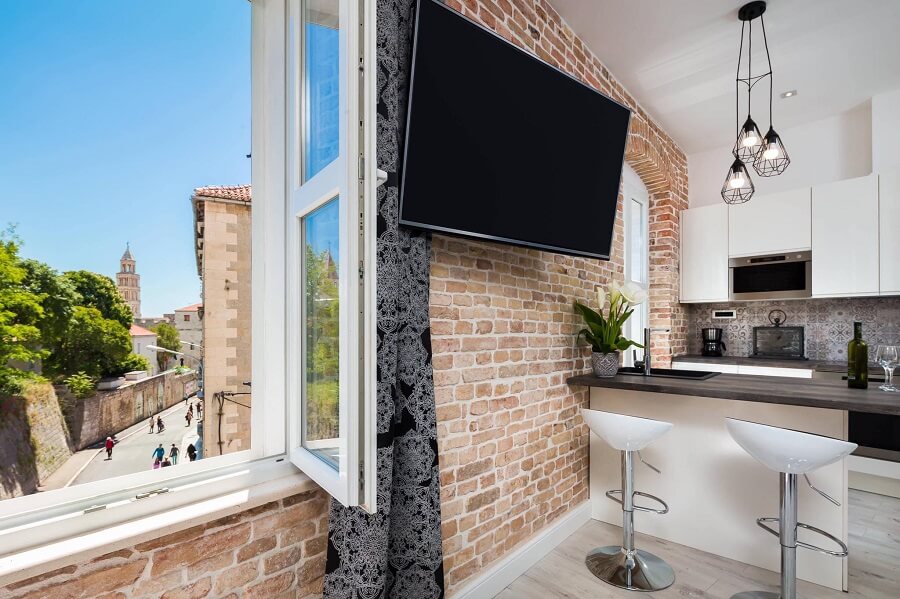
5. How were you perceived in Split as diaspora moving back - was the welcome warm?
The usual question even today is why would you move to Croatia? Is Canada not better? With the country being so small in population, and politics being a major topic of conversation with the locals, it seems that only negative news and discussions of corruption and who you know is talked about. No wonder they think we are crazy to return.
However, the group of expats and people that have returned, never talk much politics or about general problems, but instead, work hard to understand the process needed and get things done and also work to change the system if possible. This is why there are many stories of successful people returning, especially with the tourism and real-estate boom these past 5 years.
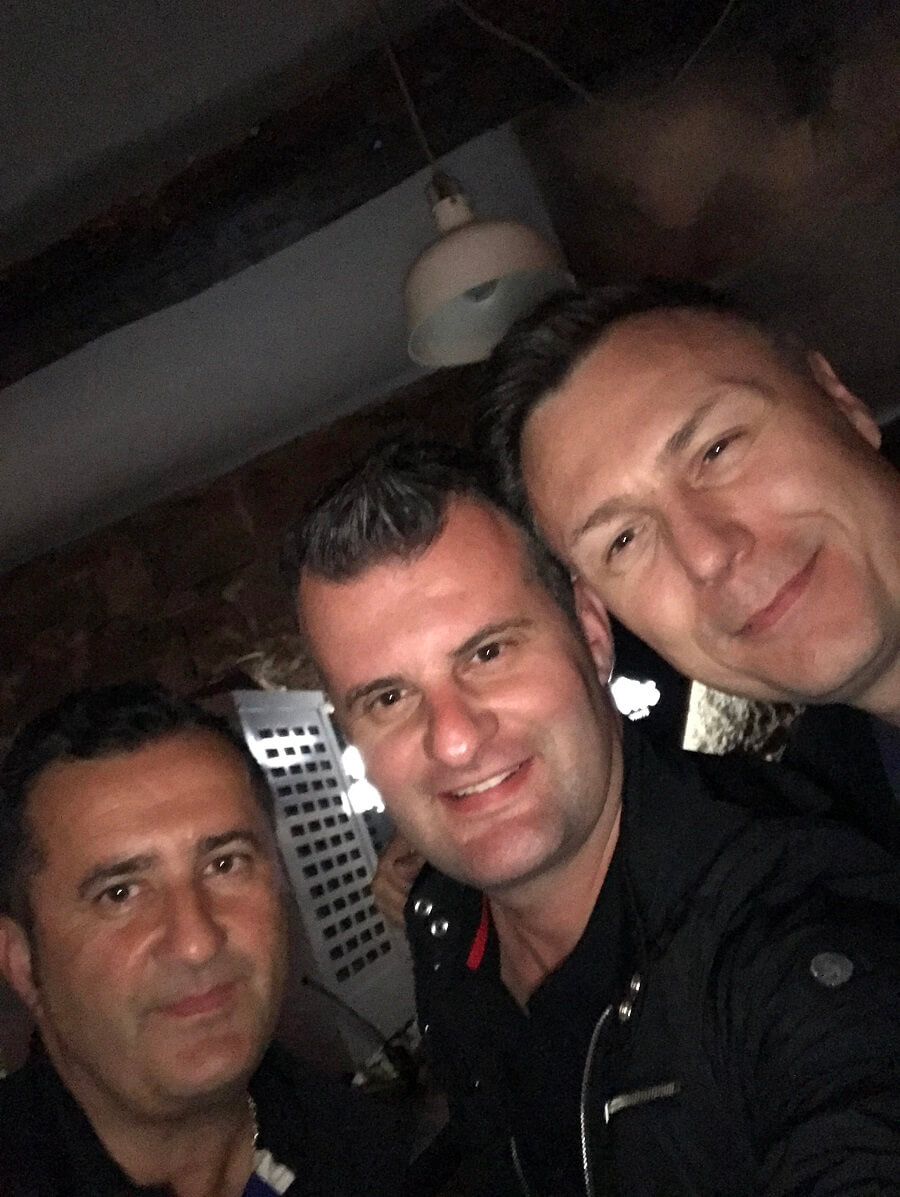
6. Through a lot of hard work, you have been very successful, while many foreigners have given up and left Croatia. What are the keys to success in doing business in Croatia in your opinion?
Never give up is main formula for being successful and for staying in Croatia, and patience. I had many opportunities to return to Canada, but decided to take jobs in neighboring countries such as Slovenia, Montenegro and Kosovo while always searching and networking for a way to return to Croatia, and not Canada. Once you find your niche in Croatia, in whatever sector, your quality of life will improve in every aspect of your life.
It’s hard to explain, but I wish everyone could have a chance to live in Croatia for a longer period of time, and realize that you cannot compare the quality of life in Croatia to Canada. We do have to mention that Canada has contributed to our success due to our upbringing, work ethics, education, and mindset. The qualities that you have gained abroad like customer service need to be used, and success will be imminent.
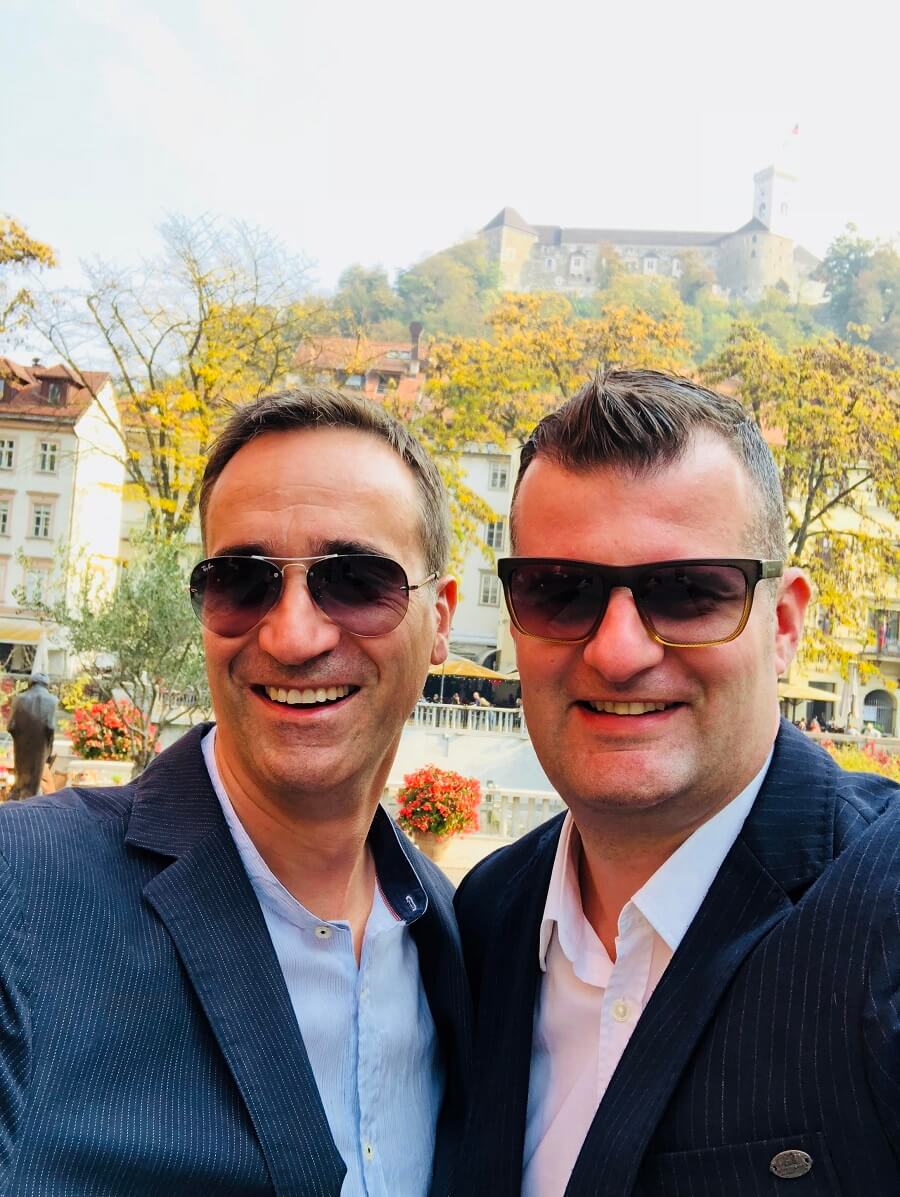
7. What is the diaspora community like in Split and how integrated is it with locals?
It’s amazing! The group of Diasporas that live and work in Split are only positive and work hard. Everyone shares their knowledge and experiences helps in every way possible to make sure that someone who has just arrived is successful as well. In the tourism season, we meet much less, but that’s why we make up for it during the offseason by enjoying each other’s company and traveling Europe and the world together.
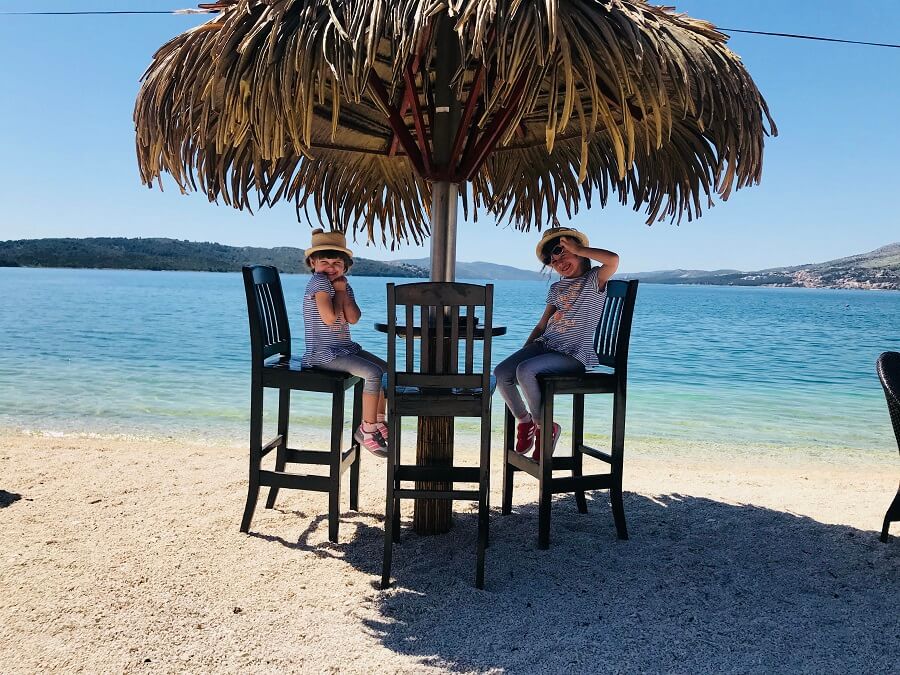
8. And finally, a word on this conference. How was it for you, and what were the main take-home points?
Meeting so many people for the first time that I have not met before was very positive and there were so many amazing stories to listen to. We exchanged and shared contacts, and just today I was in contact with a few new Australian friends that live in Zagreb. We are already planning to discuss business ideas and meet next month on Island Lopud, where we annually have a Canadian Diaspora meeting at “Villa Lopud”, owned also by Diaspora from Canada.
For more on the Croatian diaspora, check out the TCN dedicated section.
Meet Ed Pazo, National President of the CFU, Largest Croatian American Organization in the United States
On September 22nd, in Pittsburgh PA, the Croatian Fraternal Union of America (CFU) will celebrate its milestone 125th anniversary at the Wyndham Grand Hotel in Pittsburgh. The 25th Quadrennial CFU convention will be held there on September 23-25. Her Excellency, Madam President Kolinda Grabar-Kitarović, is planning to attend the gala banquet on Sunday, September 22nd. This article and the following interview will be about National President Ed Pazo and many notable accomplishments of the CFU within the Croatian American community.
The CFU has played an invaluable role in Croatian American society since its inception in 1894, when it first served to provide death benefits to widows of Croatian coal miners and steelworkers. It has since evolved into an organization that provides insurance, investment products, and financial services to over 65,000 Croatian Americans. However, it's even more amazing how this Croatian American organization has kept Croatian culture, music, and dance alive and thriving in the USA when Croatian culture was frowned upon in the former Yugoslavia.
The CFU has always held a special place in my heart and family history, as my grandfather, Thomas Rukavina, joined the CFU in Minnesota in 1924. Following in his footsteps, my father, Joseph Rukavina, was also a proud CFU member for 70 years; he was a national delegate at eleven of the last thirteen CFU quadrennial conventions. Moreover, my Croatian relatives from Perušić, Dugo Selo, Špišić Bukovica, and Zagreb, could not believe that my dad—born in the United States—knew over 75 Croatian songs. This Croatian connection was primarily due to his CFU membership, as he channeled his activism within the Croatian cultural and music programs that were offered by the Croatian Fraternal Union. Today, I am fortunate to say that I am a 48-year member of the CFU and will proudly represent our Philadelphia Lodge 760 at this anniversary convention as a national delegate. I am also proud to mention that Ed Pazo and I are the only two Croatian Americans to attend all 25 National Assembly of Delegates meetings for the National Federation of Croatian Americans Cultural Foundation (NFCA).
Since its beginnings almost 125 years ago, the CFU has extended over 1.2 million dollars to sponsor about 1,500 Croatian orphans and has extended an estimated 23 million dollars in goods, services, and assistance during the 1990s to assist Croatians within the Republic of Croatia and within Bosnia and Herzegovina. The CFU scholarship program has awarded thousands and thousands of scholarships to the children of its members. Also, the CFU sports programs and tamburitzan dance festivals are legendary, and have brought so much joy and Croatian fraternal fun and friendships all over North America—for over 400 lodges. As evidenced by history, the CFU is so much more than the insurance and financial services it provides.
On September 23, 2018, Ed Pazo accepted, on behalf of the CFU, the Charter of the Republic of Croatia Award extended by Madam President, Kolinda Grabar-Kitarović, in New York City. This award was the ultimate recognition that our Croatian American fraternal organization has immensely contributed to the promotion of and to the cultural and economic developments of the Republic of Croatia!
I hope you will read this Ed Pazo interview in its entirety to understand where Ed’s commitment comes from, and become better acquainted with the rich history and the workings of the Croatian Fraternal Union of America.
Ed Pazo Interview conducted on May 14th, 2019 by Anna Maria Sičenica, NFCA Rudy Perpich Summer Fellow:
First, could you please share a little bit about your background and personal connection to Croatia?
My family roots are Croatian, as both sides of the family come from Croatia. Specifically, my mother’s father, Josip Ferenčić, and mother, Jela Martinjak, are from Hrvatsko Zagorje, Selos Burenac and Bisag, respectively. On my father’s side, my grandfather, Grgo Pezo, was born in Lokvičići, near Imotski in Dalmatia; while my grandmother, Anka Sokolić, was from Vrlika—also located in Dalmatia. In 1906, my grandfather Grgo came to Clairton, located here in Western Pennsylvania, followed by my other grandfather, Josip, in 1912. Interestingly enough, the family name of “Pazo” was adopted from “Pezo”, a family name that began once my family immigrated to the U.S.
Having grown up with three of my four grandparents alive provided me with plenty of exposure to the Croatian language, customs, and rich history. My grandmother from Vrlika lived in the house right next door to me growing up, and my cousins lived on my street as well—which meant that I was always surrounded by my Croatian family and their stories about the homeland. My grandparents were members of the Croatian Fraternal Union from the time of their immigration to the United States, and this tradition continued along to my late father Edward, mother Catherine, who has been a member of the CFU for all of her ninety-one years, myself, my wife, and my children.
Ed Pazo photo on his first day as the National CFU Secretary Treasurer, on December 1, 1993; to his left, his mother Catherine Pazo, and to his right, his aunt Mary Plevel and with other family relatives in the back row.
How did you first get involved with the CFU, and what lead you to your position today?
Both of my parents were members and officers of our hometown St. George CFU Lodge, in Clairton, PA. My earliest childhood memories of Croatian events centered around our Croatian home in Clairton and the many picnics, meetings, and celebrations that were held there. Upon my father’s death and only entering adulthood myself, I was appointed to my father’s former position on our Lodge Board of Trustees at the age of eighteen.
At the same time as I was pursuing my Bachelor of Science at the University of Pittsburgh, I became the youngest delegate at two quadrennial CFU National Conventions in 1983 and 1987. These conventions eventually lead to my election to the CFU National Board of Trustees in 1991, coincidentally, the same year I graduated with an MBA from the University of Pittsburgh. A few years later in 1993, this position was followed by the appointment of National Secretary/Treasurer at the age of 30, a position I remained in until 2014, at which time I was elected to succeed my colleague and mentor, Bernard M. Luketich, as National President of the CFU. Throughout my life, the CFU has always played a central role; even as I was working on my studies and eventual career at Westinghouse as a project engineer—where I remained for seven years—I always remained engaged and connected to my local Clairton Lodge and the CFU organization.
What do you think is the most special and unique thing about the Croatian Fraternal Union as an organization?
Our society was founded 125 years ago in Pittsburgh by Croatian immigrants who needed an organization that would accept them for who and what they were. The CFU provided a needed social and economic sanctuary to working class people—many new to this melting pot of America. Our first CFU members didn’t speak the language well, and many didn’t have extended families to rely upon for kinship and support. Also, most early Croatian Americans didn’t have savings or life insurance to protect them and their soon-to-be expanding families in the event of financial hardships. Our society filled that void immediately and in a manner that was unique among any other Croatian organizations in existence, both back then and now. The CFU has grown from its meager beginning of twelve U.S. citizens and funds totaling less than $50.00, to a modern day insurance company with nearly $500 million in assets, 50,000 members, and 400 Lodges and Nests across the U.S. and Canada.
Additionally, the CFU has always managed to stay true to its founding tenets of promoting, preserving, and perpetuating Croatian culture and heritage outside of the homeland of Croatia through a wide array of cultural and fraternal programs, which benefit both our members and the Croatian diaspora community at large.
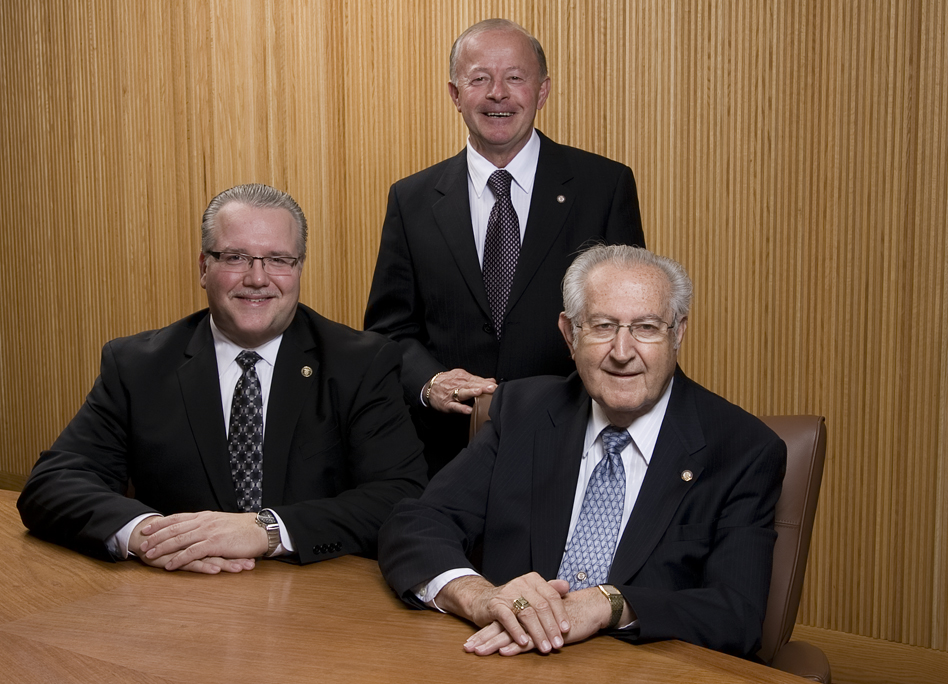
Ed Pazo with CFU officer, Franjo Bertovic and former CFU National President Bernard Luketich
How would you describe your longtime mentor, National President Bernard Luketich?
President Luketich was a legend among men. He walked and talked with Prime Ministers, Presidents, Cardinals, and other high ranking persons. However, he never lost the common touch; he was equally at ease with political dignitaries as he was with CFU members who approached him by his nickname of “Bernie”. He was known for being the guy you’d go to for advice, and someone that would always lend an ear. For example, during the Clinton administration, Bernie visited Vice President Al Gore, and then attended a CFU picnic where he cut and served roasted janjetina, (lamb) for our members. Bernie was also a living representation of Croatian culture and its people due to his vast historical knowledge and stories amassed over the course of a lifetime. This knowledge was instrumental in bringing about positive policies for Croatia and its citizens, as Bernie was able to share his concerns and ideas among his inner circle of American elites to create real and lasting policy changes.
Could you please share a few highlights and details about what is located here at your national headquarters in Monroeville?
While there are many subordinate lodges across America, the CFU headquarters is the only office for the entire organization. Housed in a modern glass building designed by architect Louis D. Astorino, from our headquarters here in Monroeville we conduct business every day. However, the CFU headquarters also serves as a living museum with a collection that houses naïve Croatian artwork, narodne nošnje (Croatian national dresses), and other Croatian artifacts. The collection features artworks from artists such as Ivan Meštrović, Ivan Lacković, Josip Generalić, Josip Cugovčan, and Mladen Veža, among others, and I’m proud to say that we have more naïve art at our home office then anywhere outside of Croatia. The most recent addition to the CFU Home Office is one of the three historic bells which was previously housed in the bell tower of St. Nicholas R.C. Croatian Church, the first Croatian Parish in America. The bell was refurbished and preserved in tribute to Croatian immigrants and families by the Croatian Fraternal Union, and will remain on permanent display at the Home Office. In short, the CFU headquarters is a culture museum, work place, and monument to all of those that came before us; it’s a culmination of our ancestors’ hard work, and represents the spirt and pride of being Croatian.
Could you please share any key details about the upcoming 125th CFU Anniversary this September?
I’m pleased to say that Croatian President Kolinda Grabar-Kitarović will be a main guest at our banquet. The CFU is planning a series of events for our upcoming 125th CFU Anniversary on September 22, including a mass, banquet, and convention that following Monday. The CFU is also pleased to announce that there will be special entertainment from Croatia, as Tamburaški Sastav Ravnica will be concluding their CFU sponsored tour at the CFU weekend anniversary celebration.
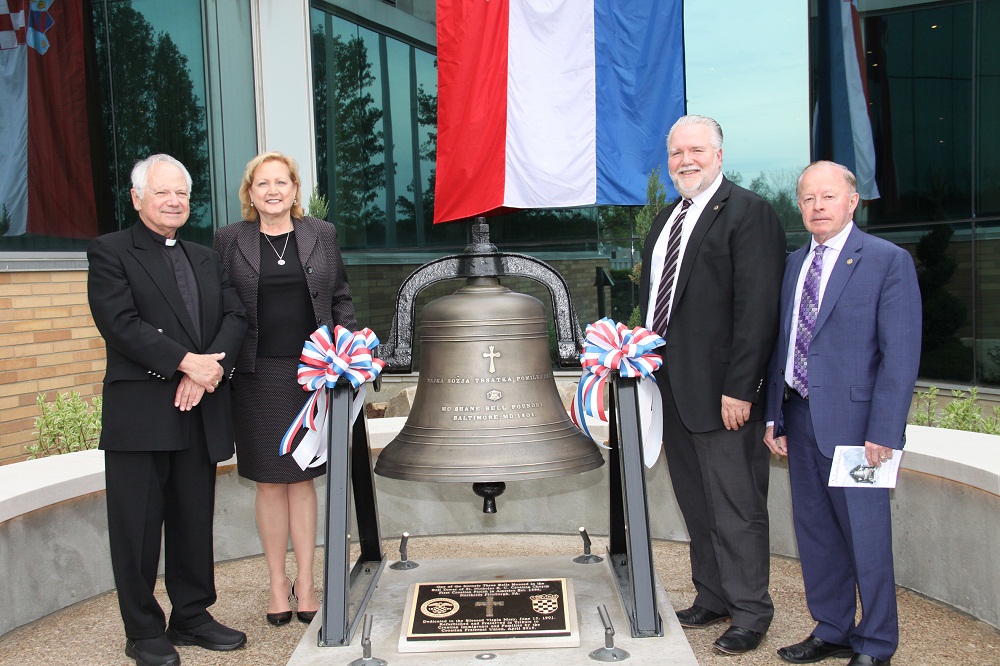
Father Phillip Pribonic and the CFU Executive Board, Bernadette Luketich-Sikaras with Ed Pazo and Franjo Bertovic
What are your hopes for the future of the CFU?
The Croatian Fraternal Union has changed with the times and modernized, as it has needed to conduct business to remain a viable financial organization. Yet, the organization has also managed to remain true to its origins by exposing Croatians in North America to Croatian culture and history. My hope for the future is that the CFU can appeal to an ever increasing number of Croatian Americans and Canadians, and that we can continue to expose people to our historical roots and encourage them to join our society. It is important to note that the CFU is the largest and most influential Croatian organization outside of Croatia, for no other society has as many members and has been in existence for so long. For this reason, I am optimistic about the future of the CFU, as families—such as my own son Eddie, and daughter, Alexandra—will continue to carry on traditions, sing, and dance to Croatian music for generations to come.
More news about diaspora can be found in the dedicated section.
A Foreign Fly on the Wall of the Split Diaspora Tourism Conference
May 20, 2019 - The 2nd International Conference on Croatian Diaspora Tourism took place in Split last week. It was an inspiring - and thought-provoking - few days.
It was quite an event.
And, a couple of days later, I am still trying to collect my thoughts, as are several participants I spoke to.
A wave of emotions, inspirations, discoveries and great company.
And I am not even Croatian, so I can only imagine what it was like for the rest.
Let me start by saying that if I had to choose a team to build a country, I would go for the Croatian diaspora. The majority left the country with little more than the shirts on their backs, and yet have over-performed in their adopted countries, to such an extent that they have among the highest per capita income in the world.
That same passion and determination to succeed that the world witnessed on the football pitches of Russia last year was in evidence at this Croatian diaspora conference. As a Brit who has spent much of his life abroad apologising for the colonial misdeeds done in my name, I find it refreshing, as well as inciting small pangs of jealousy.
They came from Australia, Canada, the USA, Venezuela and all over Europe, with the same desire to reconnect with the Homeland. A diaspora which is spread all over the world, having emigrated at different stages in history, and for different reasons.
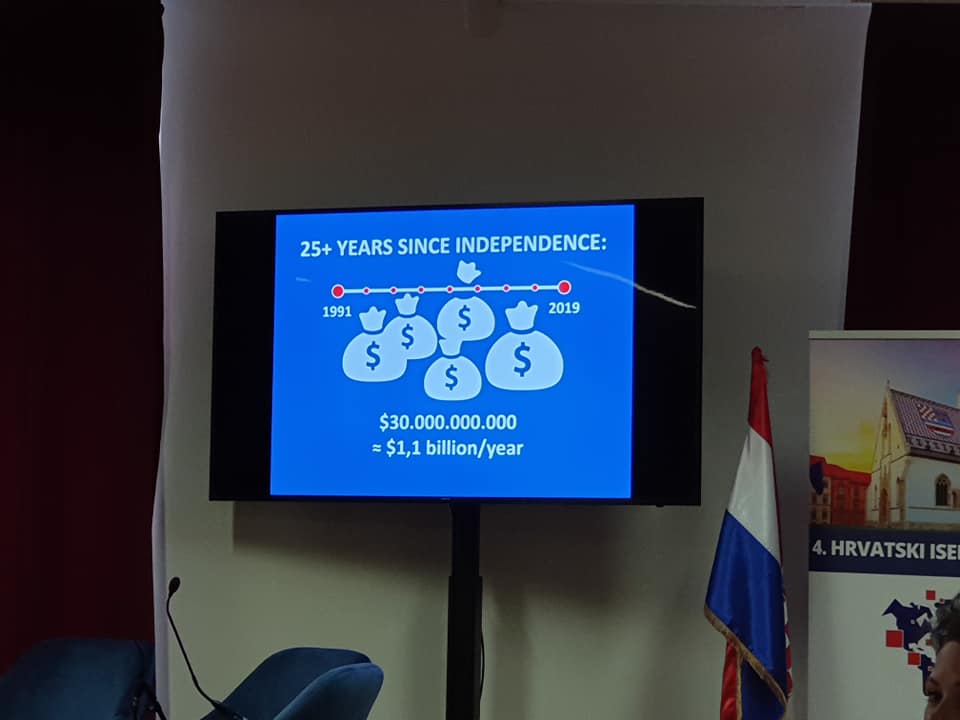
A generous diaspora, which has sent more than 30 billion euro back to Croatia in the 25+ years since independence.
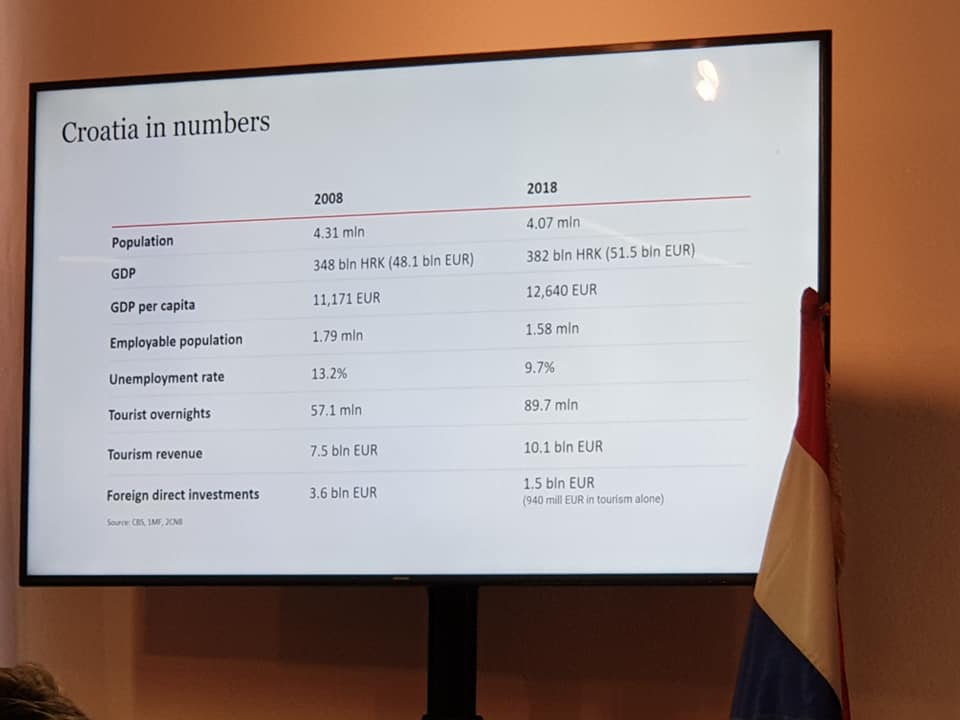
To put that in some kind of perspective, here are the stats for Croatia over the last ten years, above.
It has taken me years to try and understand Croatia and Croatians, and I am not there yet. It would take me a lifetime to understand all the subtleties of the various diaspora groups and their relationships with the Homeland. Let's just say it is beyond complex. I have also come to learn that TCN, like most things in Croatia, is viewed very differently by different parts of the diaspora. Some of the strongest abuse comes from those who do not appreciate a different viewpoint, while some of the strongest support and gratitude comes from other sections of the diaspora. Apart from being grateful for the opportunity to read daily news about the Homeland, many write to show their appreciation of our open writing about Croatia and its problems, with several commenting that the Croatia they read about on TCN is very different to the Croatia they learn about in their diaspora communities in Australia, Canada and the USA.
They say history is written by the winners, but it is also written by communities in exile for the next generation.
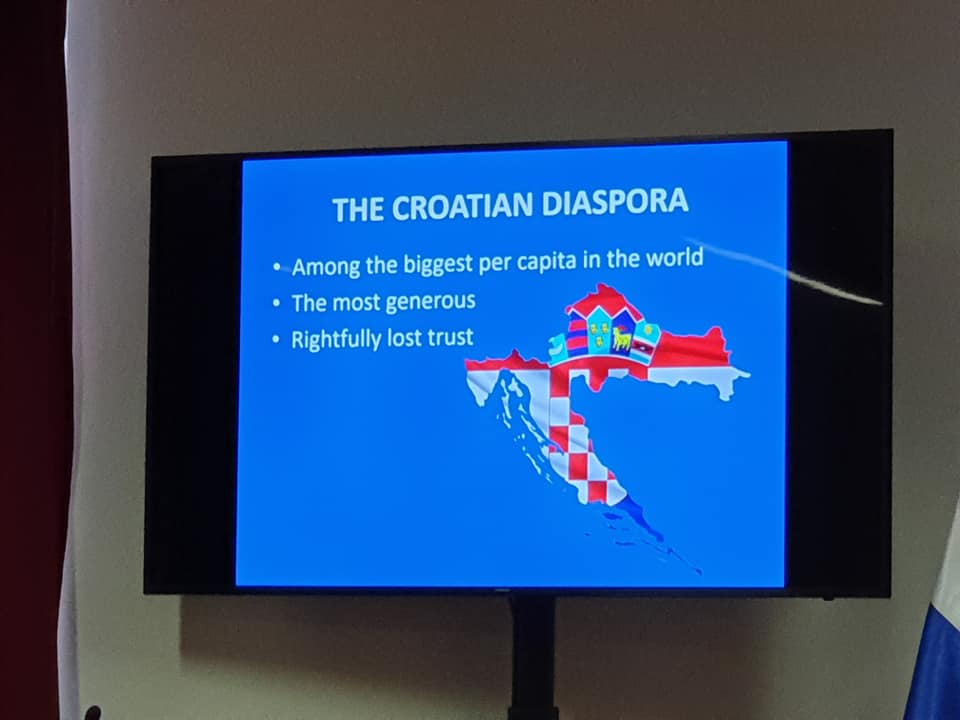
There were so many aspects to this conference to write about, but I want to focus on the core theme of positivity and looking forward, for there was plenty of that.
There was a major effort by the organisers to improve communication channels between those looking to return, and those who have successfully done so, as well as some of the rising stars of the Croatian entrepreneurial world. And this conference was also significant for the fact that for the first time, a senior government minister was fully engaged in the conference. As followers of TCN will know, I have my issues and criticisms of the Ministry of Tourism and Croatian National Tourist Board, but it was great to see Deputy Minister Tonci Glavina, and Head of CNTB Global PR Lucijana Natalija Jerkovic both speaking and fully engaged with the conference - both are very successful returnees.
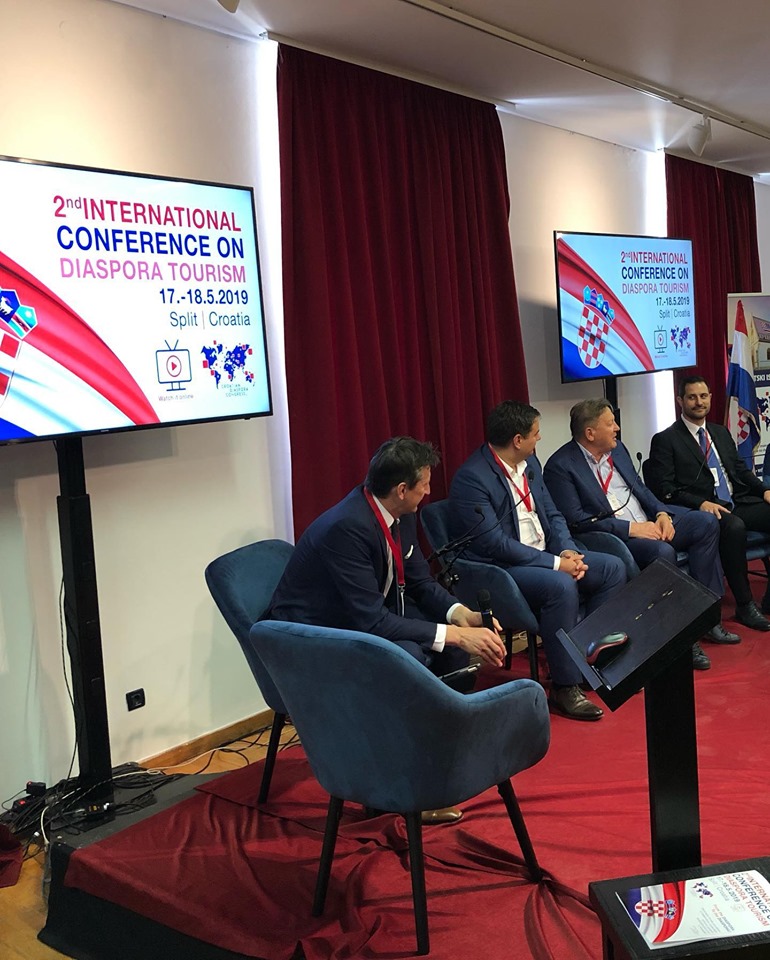
And for those looking to return, the conference - which was live streamed and is available online - there was plenty of inspiring stuff to hear, starting with the opening panel. Joe Basic, the man who brought Ultra Europe to Dalmatia, a returnee from Canada, Marion Duzich, who made his millions in the States before starting a very successful hotel business in Supetar on Brac, John Gasparac from Price Waterhouse Coopers from Canada; and Deputy Minister Glavina, who returned from California.
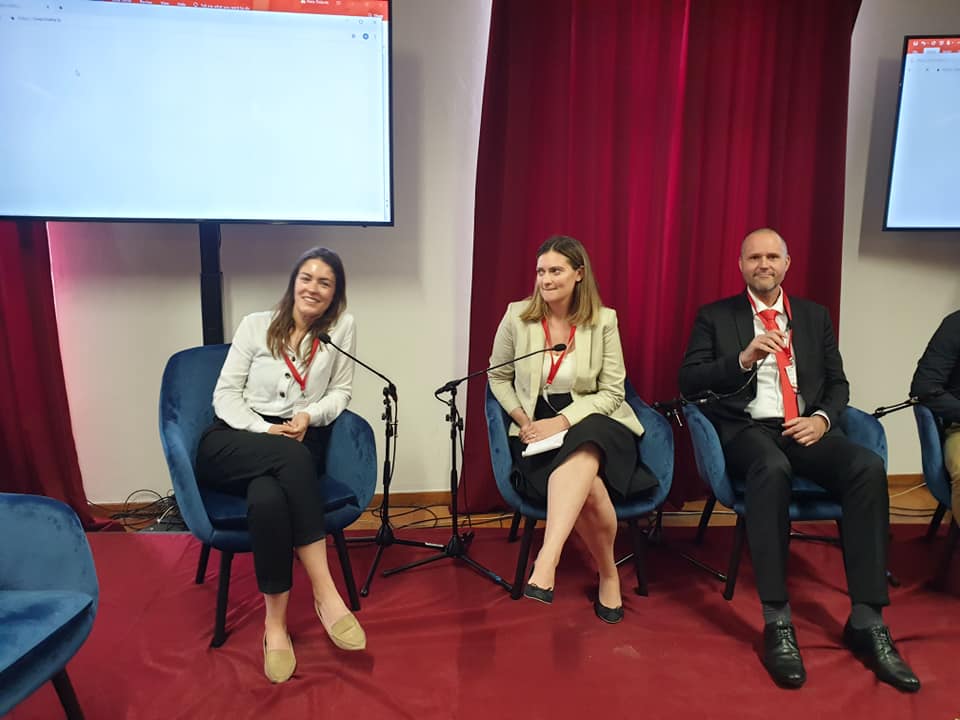
In all, there were about 100 speakers, mostly with successful tales of return. My favourite two ladies from Brasserie on 7 were stars, as they explained how they moved from Sydney to Split as 22-year-olds with an idea to open a hostel. 15 years later, they now have two hostels, two restaurants, a bar, two Croatian husbands, and four children between them. The perfect returnee example of how to succeed.
One of the most popular moments of the conference came when Australian blogger Sarah-Jane Begonja, living near Zadar for 6 years now with her returnee husband, spoke of her experiences, before concluding.
"Croatia is in my heart."
But perhaps the quote of the conference belonged to one of Croatia's most successful businessmen - Farmer John, aka Ivan Zdunic:
"People just want to talk about Partisans and Ustase. I don't want to talk about history, I want to make history."
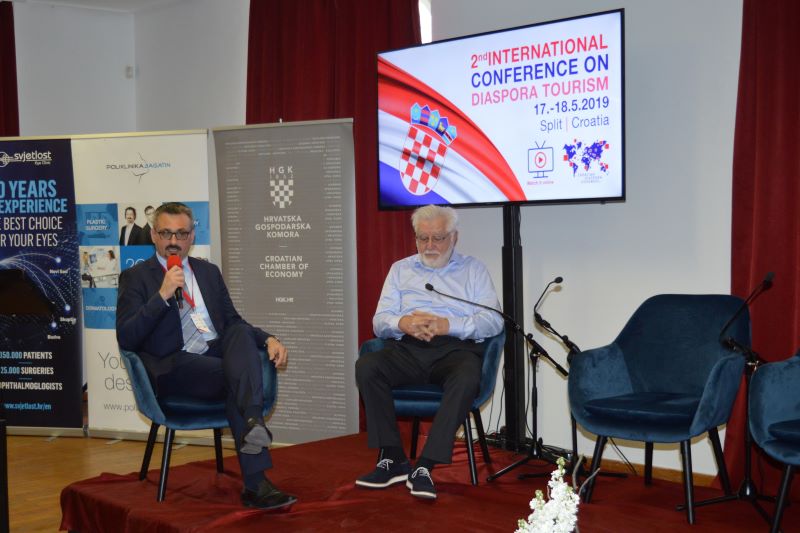
Eugene Brcic Jones, below, gave a brilliant and very candid overview of the perceptions of being an entrepreneur in Australia versus Croatia. He is a two-time returnee, about to launch an Uber-style project which he hopes will go global - www.roomorders.com
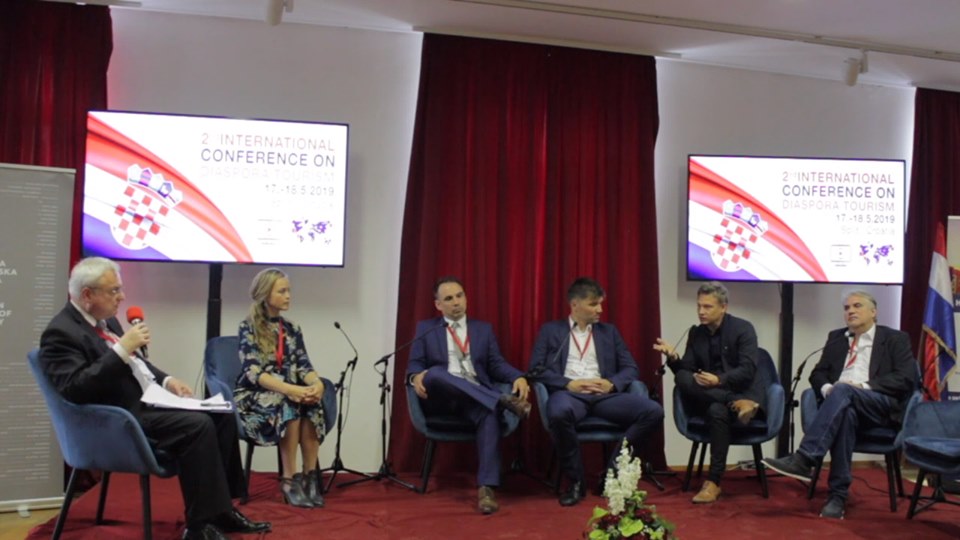
And all the successful returnees had one thing in common. Humility. There were here to work and succeed.
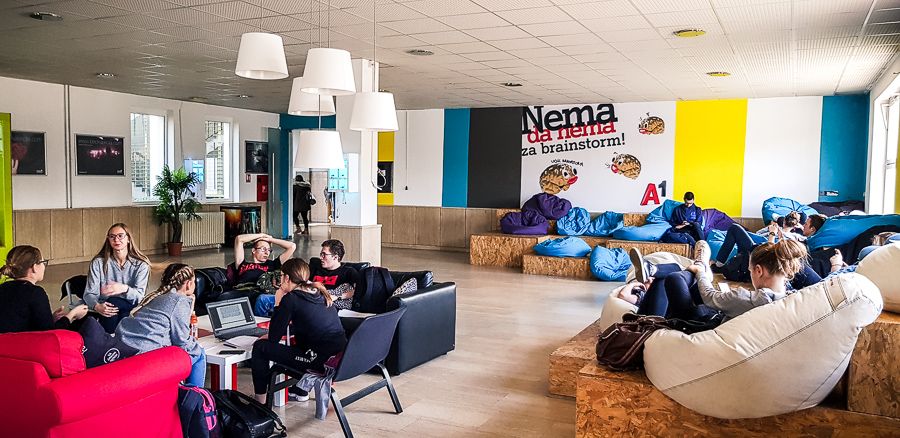
There was a key message of the need to educate people in Croatia, who have been brought up in a country which still has a very socialist mentality. By teaching them free market practices, they can learn how to fish, and not wait to be handed that fish. There are some excellent initiatives from that diaspora in that regard, such as the Tree of Knowledge project TCN covered some time ago, which helps mentor young Croats in entrepreneurial ways.
But education goes both ways, and it was refreshing to hear of one returnee talking of the need to educate returnees that the Croatia today is not the Croatia of the 1940s and 1960s. The more engagement with the rising entrepreneurial class and the sharing of returnee stories - good and bad - will help move the story along.
While I could understand the sentiment of statements such as 'Only the diaspora can save Croatia,' I can also understand why people might find such statements more than a little arrogant. After all, there are huge success stories within Croatia - Mate Rimac and Nenad Bakic did not make the list of the Financial Times Top 100 Digital Champions in Europe by waiting for handouts.
But the engagement of the diaspora is crucial for Croatia's development. That relationship is changing too, with Croatia's entrepreneurs seeking partnership. I particularly liked the session led by Ante Lucic, himself a returnee, who is doing incredible things with his Cronnect.me project which promotes Croatian startups.
"We are not looking for handouts, and we are not looking for humanitarian aid. We are looking for partnerships."
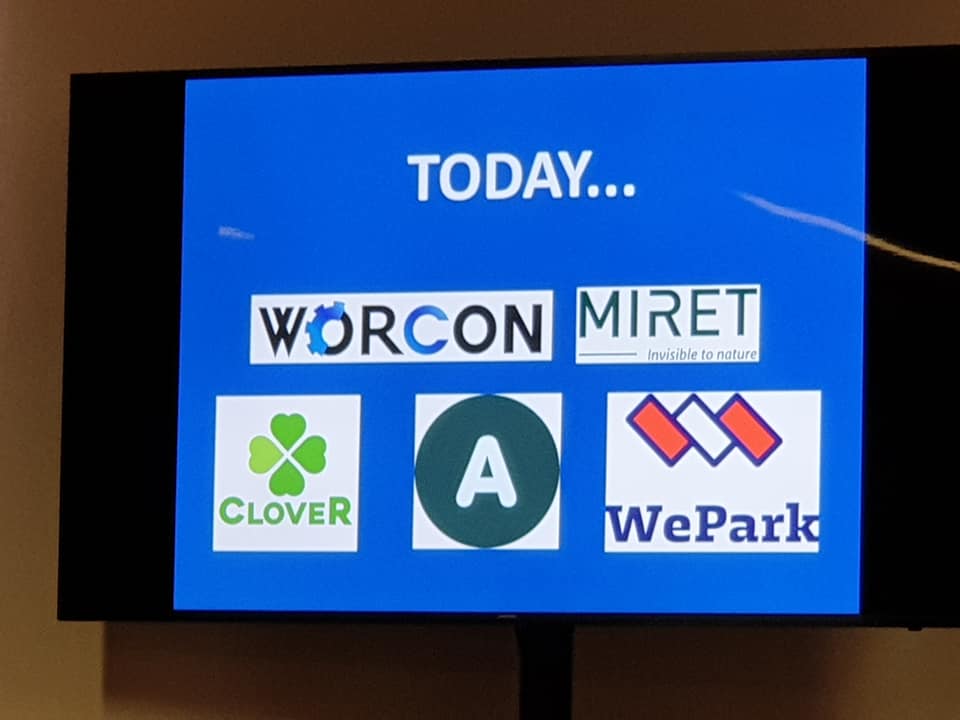
And he proceeded to introduce six incredible startup businesses from Croatia. If I had the money, I would consider investing in four of them.
The health tourism panel was also bubbling with positivity. Conference organiser and health tourism pioneer Ognjen Bagatin, of Bagatin Clinic, repeated his message of how much Croatia and the health tourism industry needs the diaspora, for they are Croatia's ambassadors. Croatian health tourism is an untapped jewel, one more centre of excellence that could benefit both sides while driving the economy.
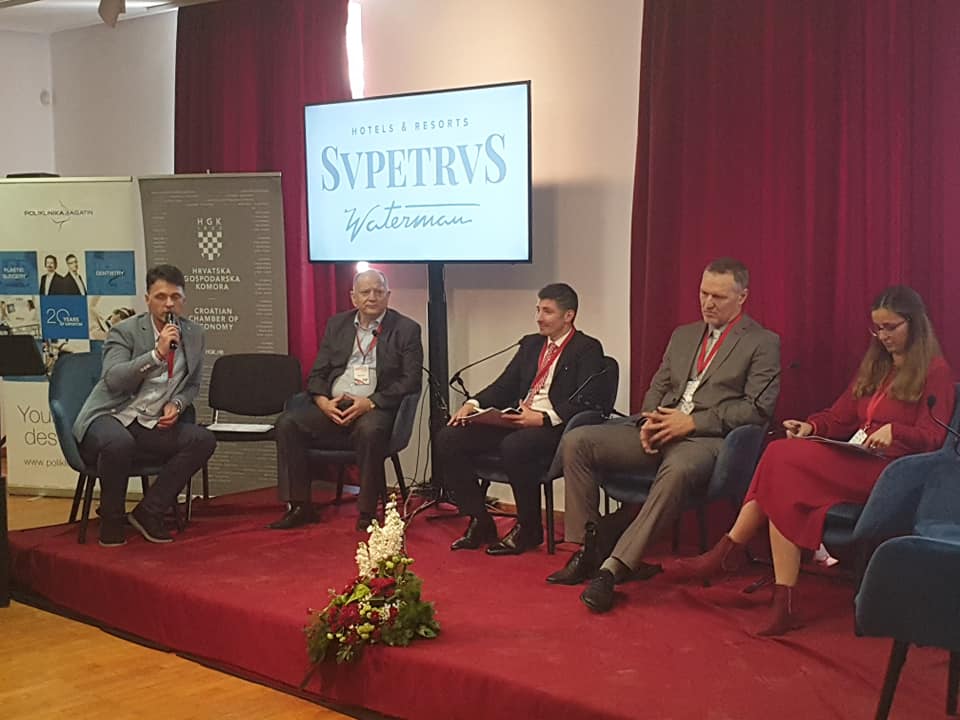
And spare a thought for the idea of fellow panelist Nikica Gabric of Svjetlost, who last month performed eye surgery on Ivanka Trump, the latest positive PR for Croatia's health tourism industry. Five years ago, he had a thought-provoking idea of stimulating the economy. I am not sure if I have the numbers completely correct, but the idea goes along the lines of this:
Draw a circle with a radius of 500 km from Istria and you will have 64 million pensioners, the majority of whom receive decent pensions and live in more expensive countries. Encourage a small percent of them to enjoy their retirement in a beautiful country with great climate, where their spending power if much bigger. And if they spend 50 euro a day...
I did the maths - 1.5% of them would be 1 million, spending 50 euro a day would be 18 billion a year, or double what tourism currently brings to Croatia.
Lots of ideas, many born in the diaspora, but not all.
One area that was mentioned a lot which I hadn't fully appreciated was the aversion of the 'cousins' for returnees. When explained, it made perfect sense. A lot of the emigrants left from rural areas and so were not so connected to influential people on their return. And so they put their trust in the distant cousins back in the Homeland. And let's just say the cousin experience was not a great one...
As a foreigner, I am sure I missed tons of nuances, but my take-home was that this is a great initiative with some concrete seeds sown. And by spreading those messages of success and honest lessons learned, this initiative can only develop for the benefit of all.
I look forward to the next diaspora conference, the G2 in Zagreb, in November.
You can follow the latest coverage on the Croatian diaspora in our dedicated TCN section.
Number of Registered Voters in Diaspora up 42 Times since Last Elections
ZAGREB, May 21, 2019 - The number of voters in the diaspora registered in the electoral roll and eligible to vote at the European parliamentary election on Sunday, May 26, has increased 42 times or by a mind-boggling 4,244% compared to the European election held in 2014, the Jutarnji List daily reported in its Tuesday edition.
In 2014, there were 3,637 diaspora voters in the electoral roll and now there are 154,358 voters. This enormous increase of eligible diaspora voters is the result of a law on the electoral roll, passed during the term of the Social Democratic Party (SDP)-led government in 2015, the daily reported.
The law, sponsored by the then public administration minister, Arsen Bauk, makes it possible for voters residing abroad to not have to physically register in the electoral roll in diplomatic representations but rather all adult citizens with a valid Citizen's Identification Card are automatically registered.
The electoral roll has to be completed ten days prior to an election, and according to the electoral roll concluded on Friday by incumbent Public Administration Minister Lovro Kuščević, 3,831,389 citizens will be eligible to vote at the EU election on May 26.
Of that number, 154,358 are diaspora voters and 3,677,031 have residence in Croatia and only 13 are citizens of other EU countries who wish to cast their ballot in Croatia. Of the 154,358 voters residing abroad, 144,561 were registered automatically, the ministry explained. Croatian diaspora voters who do not have an ID card showing their address abroad but prove their citizenship with a passport, may vote at Croatian diplomatic missions if they have applied to vote, and 9,547 citizens have done so, the daily said.
The number of voters registered automatically has tripled since the last parliamentary election in 2016 even though the law enabling this had been in force since 2015. The ministry explained, however, that the reason for this was that the possibility of being issued an ID card showing one's residence abroad, entered into force only in mid-2016, the Jutarnji List says.
The daily adds that the increase of 92,681 more voters for the EU parliamentary election (there were 3,738,708 voters in the 2013 election) has caused doubts that the numbers have been manipulated.
More news about elections in Croatia can be found in the Politics section.
Successful Diaspora Returnee Stories: Tanja J. Polegubic, Saltwater, Split
The 2nd International Conference on Diaspora Tourism opens in Split on May 17, 2019. In the build-up to the conference, TCN meets some of the returning diaspora who have made a success of life in Croatia. Next up, Tanja J. Polegubic.
1. Born in Australia, returned to Croatia, something that many diaspora dream of doing. Tell us briefly about your journey.
I’ve now got an office with a balcony overlooking Split Riva and Harbour - which is surprising, as I never expected to be living here. I was always adamant Croatia would only ever be a holiday destination. The ability to work remotely and Croatia’s accession into the EU changed things.
I made my decision in 2015, but due to my father’s illness and ultimate passing, stayed in Canberra. I came in 2017, and packed my job in my suitcase, so it was “low risk” being here, having a job from outside. I still travelled to Australia, Asia and the Pacific for work in this period, all the time knowing I wanted to transition into life and business here, so I soon started Saltwater, my coworking space and first-ever business.
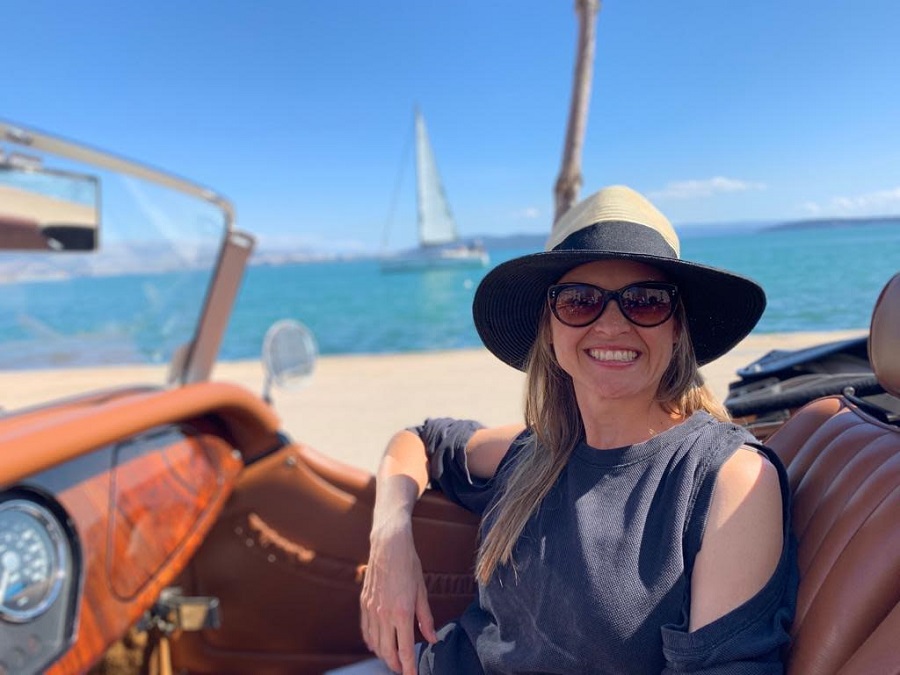
Saltwater started as a ‘side hustle’ to test and build the concept, which is a space to work, run business networking events and workshops. We’ve since had over 300 people pass through our doors - and more recently, were chosen to join the Split Croatian Chamber of Economy’s (HGK) incubator program for women entrepreneurs. This means we continue a slightly modified business as usual - while delivering projects I want to work on locally and in the Mediterranean.
We are soon delivering an EU Smart-Ag project. I also just returned from representing Croatia at a EUSAIR forum, for creative women-led businesses and the economic growth strategy for the Adriatic and Ionian region. There’s plenty of opportunities for Saltwater and our members, especially women, now we have the support of the HGK.
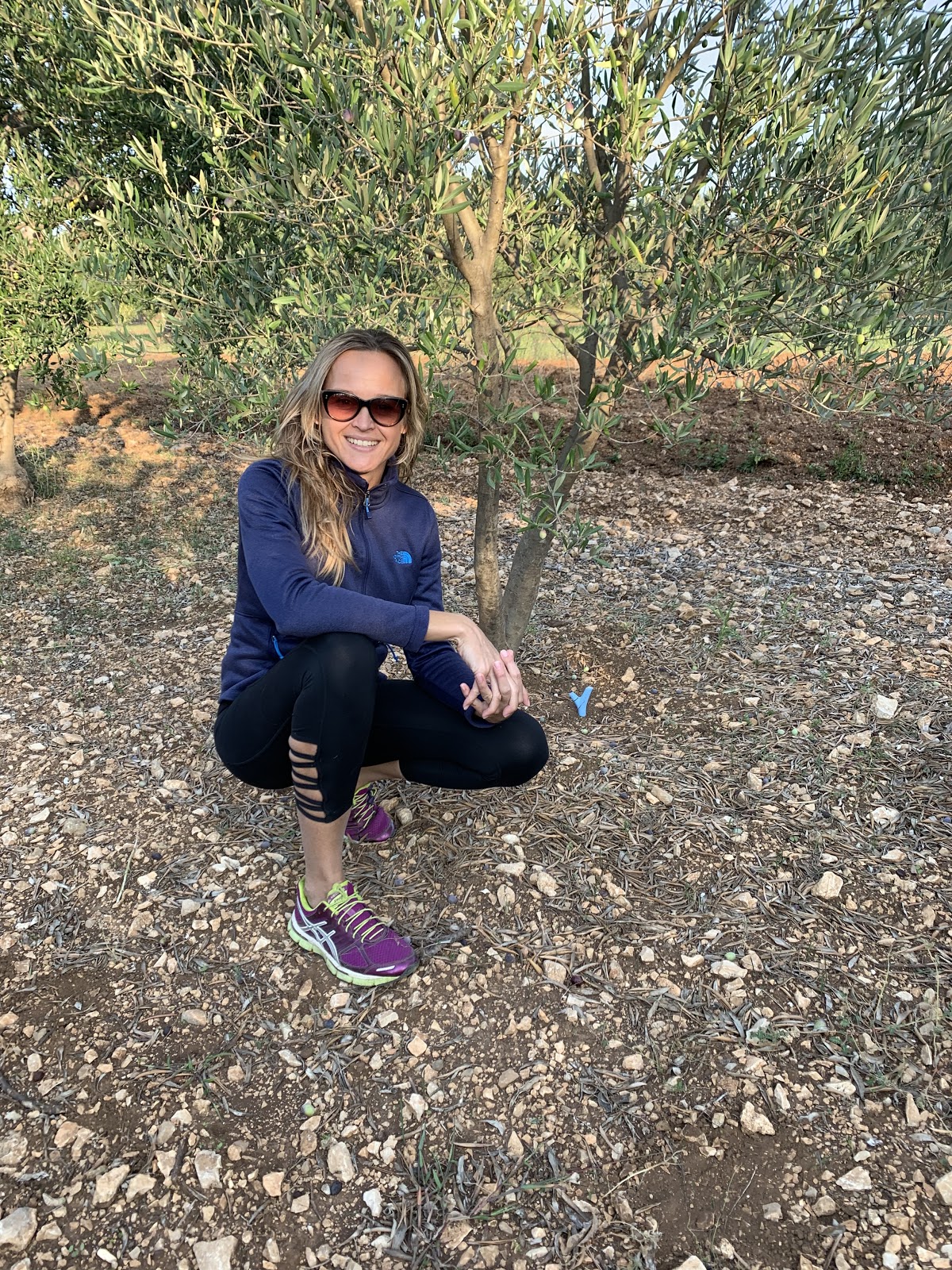
2. Looking back, what were your hopes, expectations, and fears about moving to Croatia?
To make it work here! To be collaborating with other forward-thinkers - people who also see the potential markets and opportunities here, and this has proved true.
No fear. As I mentioned, it was fairly low-risk for me, as my working arrangement enabled me to be here. Also, I have been coming here since childhood, so the ‘terrain’ and even mindset were familiar.
Admittedly, the first 2 years were tricky, with personal grief, greedy landlords, and my lifelong support network very far away. With the support of some incredible people I’ve met here, meditation, introspection - and being accepted into the HGK incubator, I’ve entered the 3rd year with a positive outlook and things have been going remarkably well.
I can at last say “I love it here” and more importantly, I’ve got this!
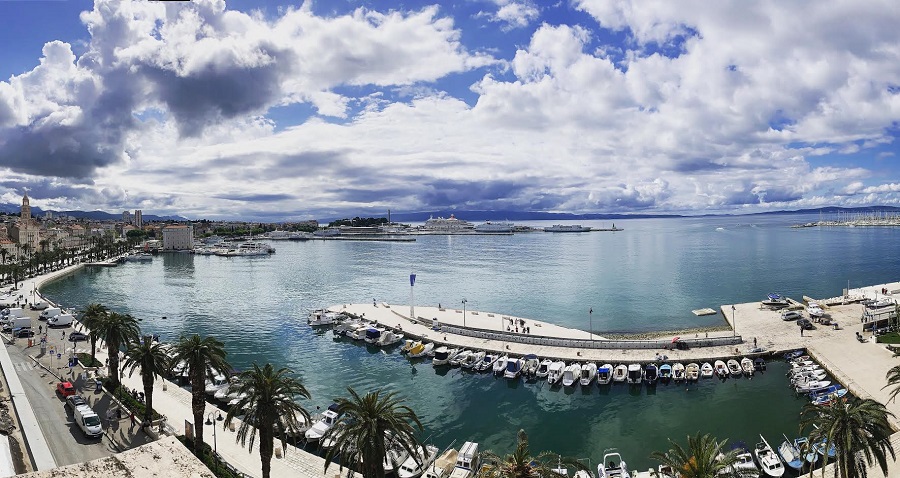
3. How supportive was your Croatian community back home at the time?
I would say secretly concerned, but certainly encouraging. It’s only a plane ticket back at the end of the day, isn’t it? Still, everyone’s heard horror stories. I had heard great things about the scene in Split, and undertook quite a bit of research and contacted people in advance. I also made a brief visit to Split in 2016, as I had only ever been here 1 night prior to picking it as a new home.
Like many Australian-born Croatians, and I imagine other diaspora around the world, my family upbringing was one of pride for this faraway homeland. Almost every other living relative I had was here. We did things differently to most other kids - language school, food, soccer, folk dancing, church. I apparently only spoke Croatian -- and fluently, until age 4. There was a certain mythology to this place and you were born into this struggle among a community who celebrated- and fought to assert, their identity. Being here now is like the sweet reward to a struggle you’ve participated in your entire life. I think that’s what people see when someone takes the leap to come here, so it is often supported, and lived through vicariously - not everyone can come here, for a number of reasons.
As a longtime traveller, I just view it like jetting off to live as an expat anywhere in the world - you can stay for a few years, or a few decades. Life can take you anywhere, so there really should be no fear, possibly it’s the pressure of ‘making it’ as there’s such an emotional connection when it comes to the ancestral ties here. I think the situation is different if you go to Singapore and return, compared to returning from say Split. It’s also part of the European Union, meaning your market is 500 million, not just 4 million. If you look at things this way, this is a perfect EU base if you can overcome the usual snags.
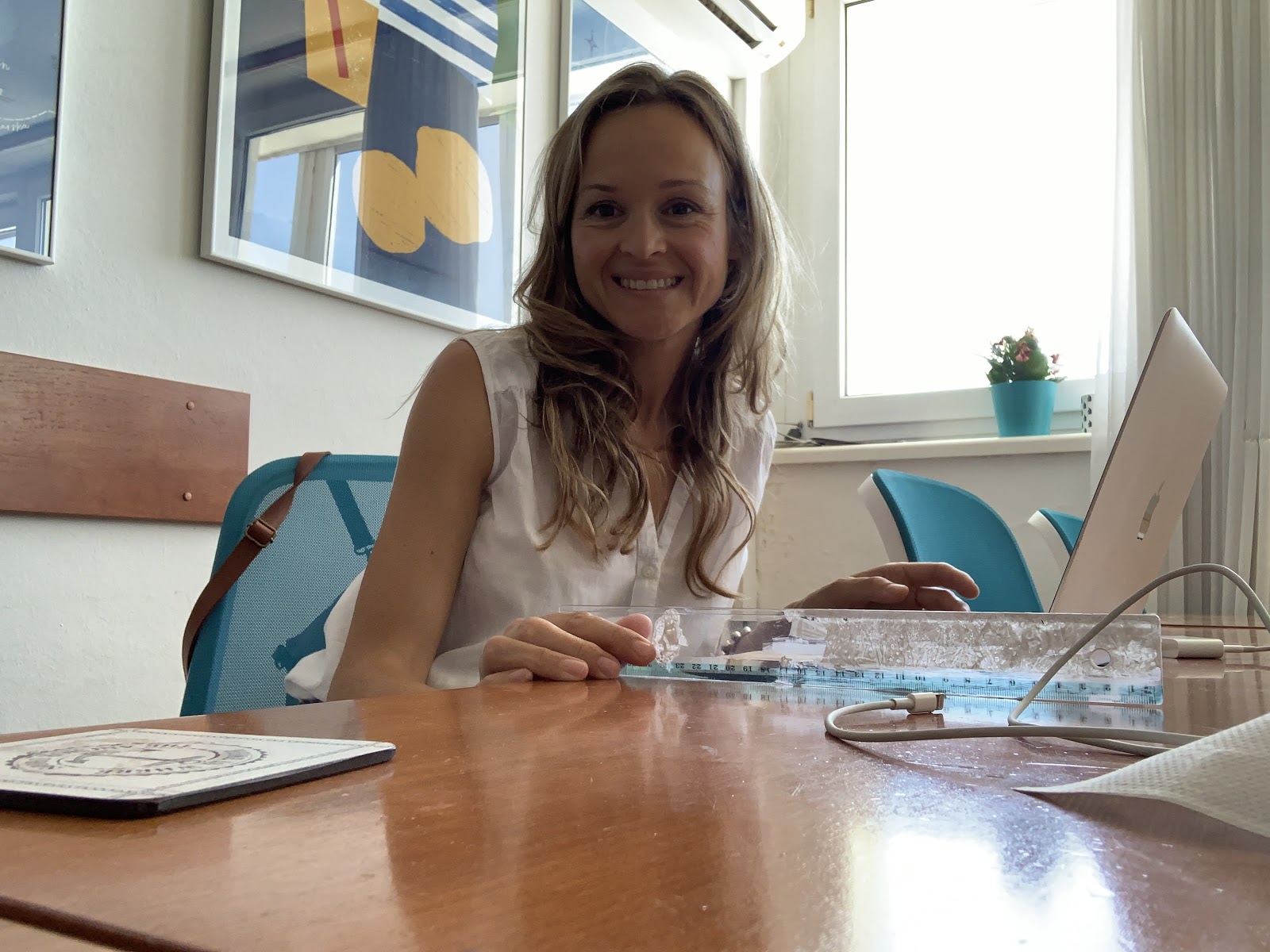
4. What were the main differences in what you expected to find in Croatia and the reality of living in Croatia?
The pace and living seasonally, i.e. in a tourist town. I had this romantic notion about living in the Med, and the frustrations of things being slow kicked in, but have passed. Even today, if I’m walking “too fast” for the locals I get a soft reminder to go “pomalo”. Which is great. It’s a reminder to be more present; poised. Coming from Canberra, I also didn’t realise what living in a tourist town would be like! It must seem to some we’re on a perpetual holiday, but there’s a cadence to the year, which is actually a beautiful thing if you embrace it. Even though the crowds, workers and temperatures reach boiling point by the end of Summer, living according to the seasons feels like you’re living a life much more in tune with nature - for me at least.
To mirror some of the other responses to this question, yes, the general expectation you will struggle with bureaucracy and encounter instances of personal greed. I am still
surprised by the passivity here and negativity of some people, the number of youth leaving - and no wonder, as there are very few role models or people encouraging you to stay. Also, the dumpster diving for bottles by people of all ages.
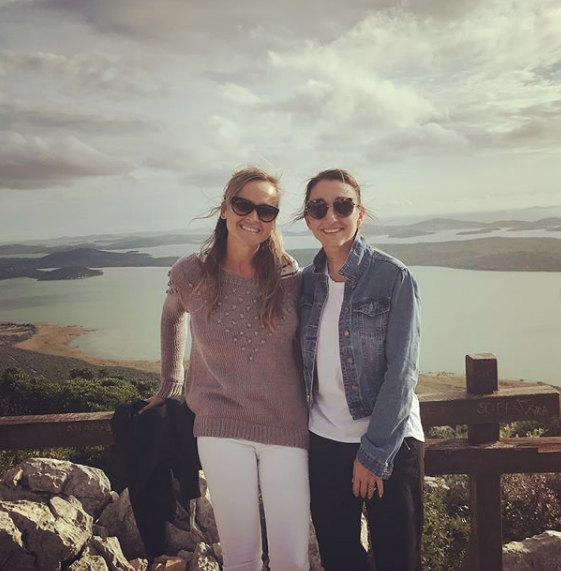
5. Many diaspora think of returning, but few do. In truth, there is little information out there about real-life stories and help/info about the process. What advice do you have for those who are thinking about making the move?
I can only speak from my experience. If your work or skills are portable:
⦁ Try being here for a good part of a year, including outside your usual time if that’s just been summer
⦁ Have at least some kernel of an idea of what you would do here, and begin researching and exploring this.
⦁ Connect with people in the field you would like to be in; ask them for insights.
⦁ Ask for help. Tell people what you’re looking for - I’ve found people are very helpful. Likewise, be willing to help in return in some way
⦁ Be open to something other than your original idea. Things will feel different when you’re on the ground, and opportunities always open up if you are receptive.
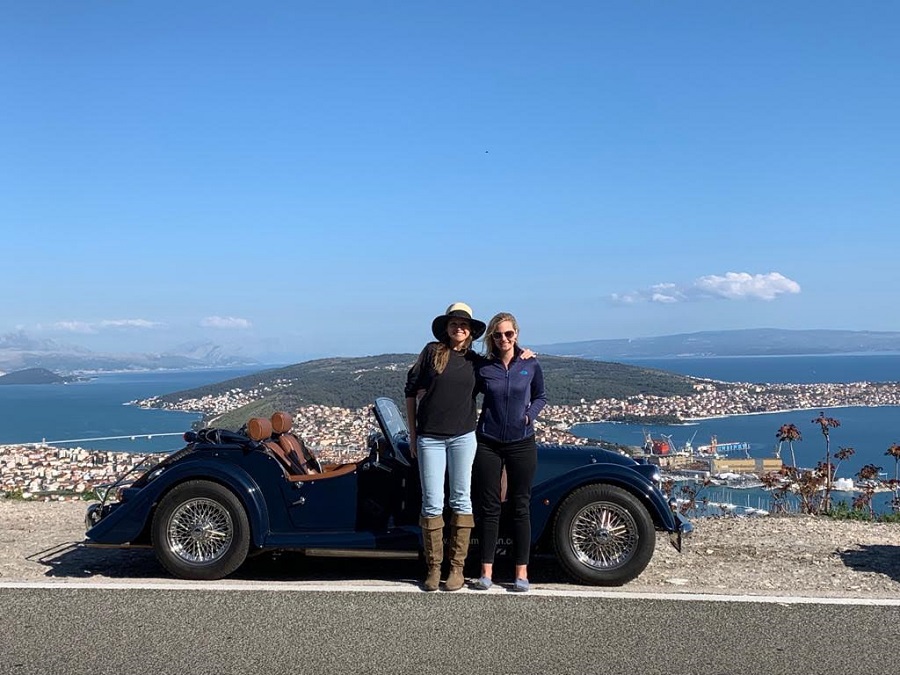
6. How were you perceived in Split as diaspora moving back - was the welcome warm?
The welcome has been warm as far as I’m aware. Family here have seen me longer than I’ve been before, and seen the business growth - so perhaps think it for real, for now! I am pleased to have made new friends and carry on as a regular member of society, albeit with an Australian accent when I speak Croatian. As a citizen, I have an equal legal right to be here as anyone else ‘from’ here, thus I expect to be treated the same as anyone else. It is clear I’m not from here, so I think the decision in their eyes affirms I consider Croatia better if I am here, so it is positive once the disbelief subsides. Living in both countries can be great. Right now, I prefer being by the sea and in the heart of Europe.
7. Through a lot of hard work, you have been very successful, while many foreigners have given up and left Croatia. What are the keys to success in doing business in Croatia in your opinion?
I am still progressing - I am still far from where I know I can be. The business is still young, and I am in it for the long haul. My version of success is measured by joy in what I do, life satisfaction and meeting the goals I’ve set thus far - in which case yes, I am succeeding.
The ways I have found useful are being patient, being part of your local community and respecting things are the way they are here for a reason. Also knowing who and what to filter out. When it comes to moving forward, a lot of doors here are open, i.e. unlocked. They can just be very heavy and may never have been opened before. So, if you can find a way around the inevitable negativity, and attitude things are impossible or ‘too hard’ then you can succeed here. Perseverance. And a really supportive circle around you; the people connected to Saltwater have helped me on every level imaginable.
8. What is the diaspora community like in Split and how integrated is it with locals?
The long-running Croatian Australian and Friends Society (HADIP) often organise events, and this has a blend of locals, diaspora and expats attend, so it really depends on personal preference when the community meets. I would say there is a balance, but usually more non-local born people attending these.
Being a tourist city, it feels like almost everyone is from somewhere else, so I don’t think about this much. Knowing both languages I probably slide into both categories easier, so again, it may not apply to me. I would say both sides get along - be it for business, or pleasure. It’s a matter of shared interests in the end.
9. And finally, a word on this conference. What are you hoping to get out of it?
I’m always interested in listening to other stories and meet people I will resonate with. Several themes in the conference interest me, so hopefully they are informative. There is more of a gender balance than when the event was first advertised, so I am hoping even more women attend or get inspired to invest or return here. My role as a panelist is to share the story of remote working and the projects we work on at Saltwater and the incubator. I hope our collective stories reach anyone considering moving, doing business or a project in Dalmatia, especially women who need support, or anyone curious about moving to Split.
Thanks for the opportunity to share this.
For the full programme at the 2nd International Conference on Diaspora Tourism (in English and Croatian), click here.
For more on the Croatian diaspora, check out the TCN dedicated section.
Successful Diaspora Returnee Stories: Korana Bucic, Zinfandel, Split
The 2nd International Conference on Diaspora Tourism opens in Split on May 17, 2019. In the build-up to the conference, TCN meets some of the returning diaspora who have made a success of life in Croatia. Next up, Korana Bucic.

Born in Australia, returned to Croatia, something that many diaspora dream of doing. Tell us briefly about your journey.
It’s been a wild ride, to say the least. Maria and I moved here in 2006 and opened up Booze and Snooze Hostel, which was the first registered hostel in Split. Over the years, we have expanded the company by opening two additional hostels, Fiesta Siesta and Hvar Out (in partnership) as well as Charlie's Backpacker's Bar, Zinfandel Food and Wine Bar and Brasserie on 7.
I actually wish I had kept a journal of our journey, as believe it or not, I have forgotten so many of the hurdles and struggles that we faced over the years. The beginning was definitely the hardest. Initially, dealing with bureaucracy and getting permits and licenses was the most difficult, but over the years it has become easier. The systems have definitely improved a lot over the years. Over time, we have accepted the way things are and don't get all worked up about it anymore ... it’s become our new normal.
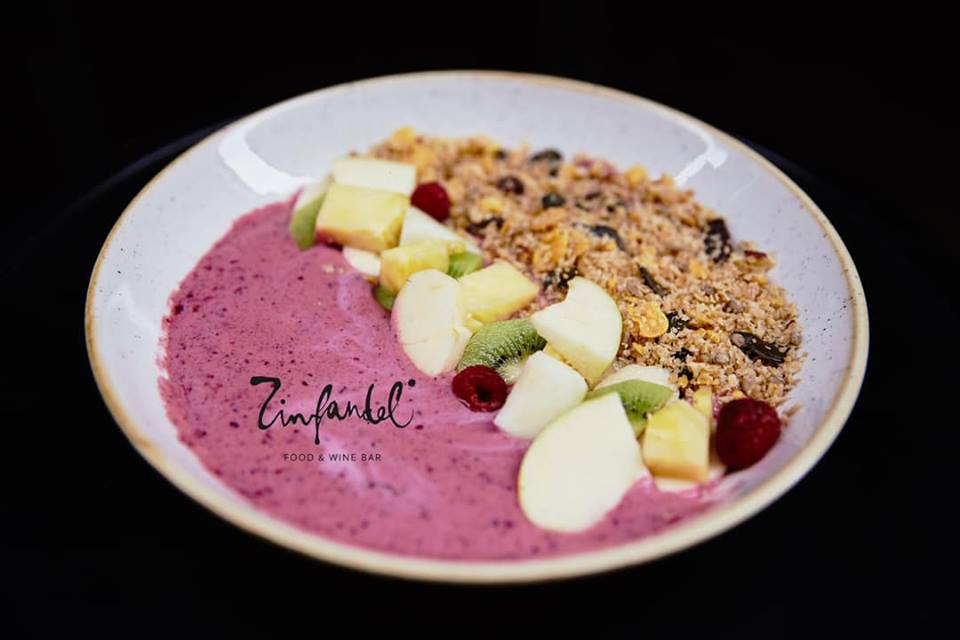
Looking back, what were your hopes, expectations and fears about moving to Croatia?
Looking back, I don't think I really had that many expectations. The information back then was extremely limited or non-existent, especially when it came to opening a hostel. We had to physically come to find out anything. I didn't play out all the ‘what-ifs’ in my head; I more so thought, “What's the worst that could happen?” Worst-case scenario we could be back home (Sydney) within two days.
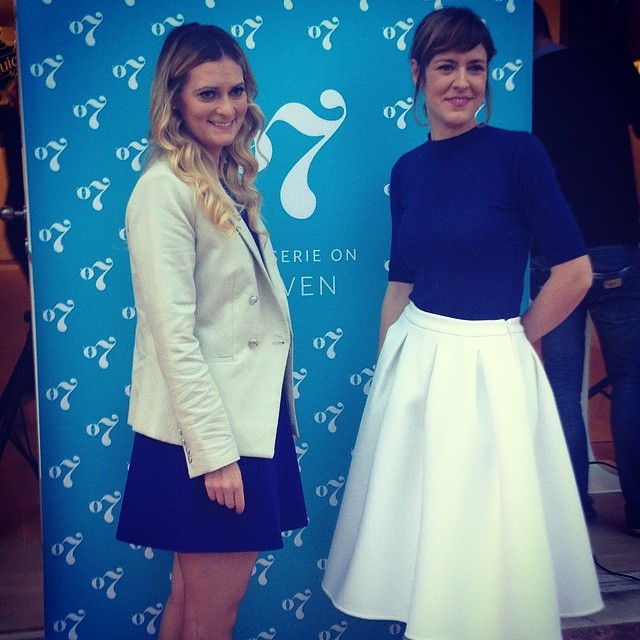
Don't get me wrong, we definitely came with a plan to open a hostel; we had worked on a business plan for about a year. I remember before we even arrived, we had the logo and flyers printed, and all we needed was a building. We were young, positive, extremely determined and thankfully a little naïve, which in hindsight, was a blessing. I remember my favourite quote at the time: "I would rather try and fail than not try at all". I knew if I didn't try that it would be something that I would always regret.
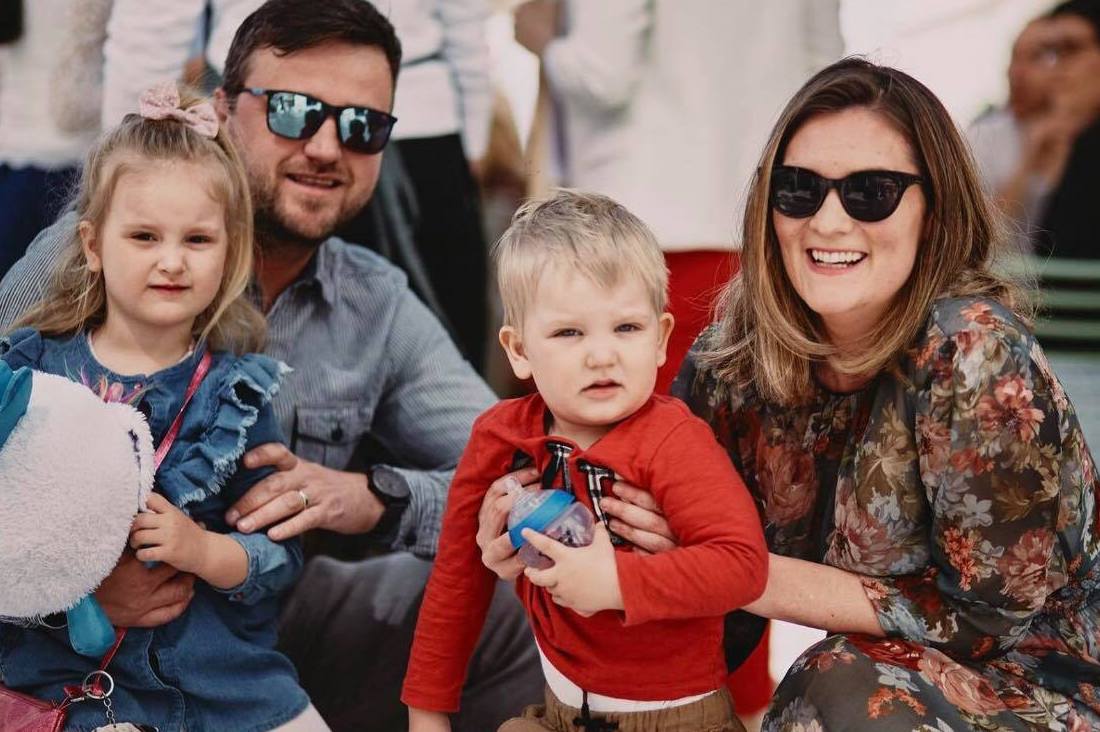
How supportive was your Croatian community back home at the time?
My parents were always extremely supportive of both of us and all our visions. They always trusted our judgment and were there to support our mistakes. The thing they believed in the most was definitely mine and Maria's friendship and bond (childhood friends). I think for them knowing that we were doing this together gave them a lot of comfort. A few members of the older generation did comment that they thought we are making a mistake as a lot of them had bad experiences with business in Croatia. Regarding the diaspora community, in general, they have always been a huge support network for us from the very beginning and still continue to be which has always meant so much.
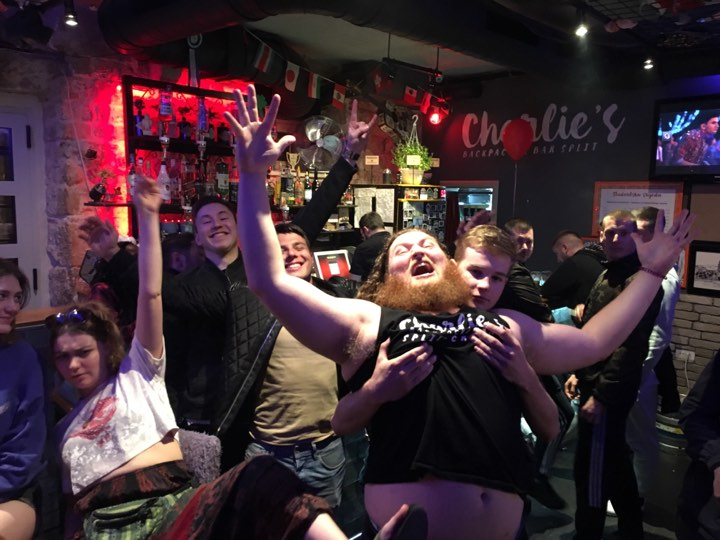
What were the main differences in what you expected to find in Croatia and the reality of living in Croatia?
When we first moved here, we wanted to make a hostel shirt with the slogan "My life is your holiday," as people often think we are living the dream but it's not quite like that; in reality, in many ways, it feels like another world and even sometimes another era. So many things functioned differently than how we were was used to. One of the first things that come to mind, which I noticed on a daily basis, was the difference in customer service. We came from a land that teaches you the customer is always right. Being unprofessional or rude in the workplace would leave you jobless pretty quickly. That was definitely not the case here.
Often, as the customer, I would feel the frustration of the employer and hear about all the internal problems they are having, especially when dealing with the bureaucracy. I think this is a huge problem for the diaspora community. It’s a total shock when you first arrive and when you get this kind of response when trying to organize everything; you begin to feel really lost and don’t know who else to turn to get things done. You really have to know exactly the right questions to ask to get things done. Sometimes there is a plus side to the customer services here. People are very honest; you will also experience walking into a shop to buy something and the cashier will tell you “don't buy this, it’s not that fresh” or “next door you can get it for half the price,” which is something you would never experience back home.
In terms of traditions and daily lifestyle changes, they are incomparable. I often think about how lucky we are to live in such a beautiful and safe country.
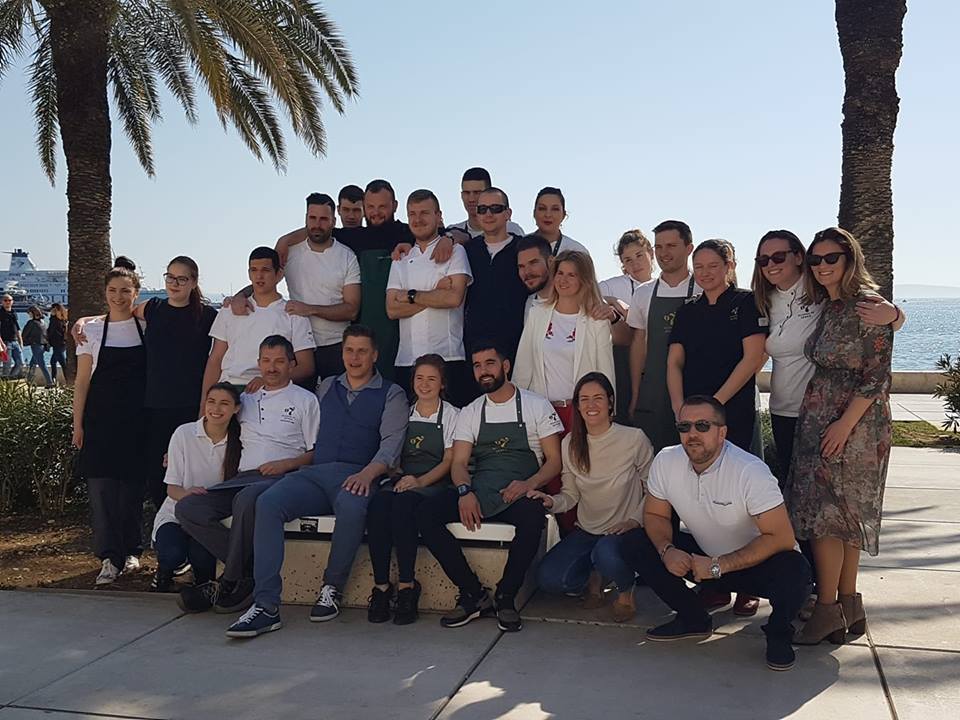
Many diaspora think of returning but few do. In truth, there is little information out there about real-life stories and help/info about the process. What advice do you have for those who are thinking about making the move?
The biggest advice that I can give is: to forget what you know. Don’t compare the systems here to the systems that you are used to back home because if you do you will find it almost impossible to accept the way things are here. If you are constantly comparing things you are very likely to become angry, negative and bitter. I think a lot of people end up really frustrated with the system here and then out of frustration, give up. Try to look at the bigger picture: all the bureaucracy is temporary if you can manage to break through the very thick ancient stone wall, it is well worth it. It's kind of like giving birth eventually you forget all the pain :) How were you perceived in Split as foreigners/diaspora moving back - was the welcome warm?
I think the locals that we met were a little intrigued when we first got here and opened the business. There were definitely not many diaspora teenage girls opening up businesses back then! They always noticed that we worked hard and always respected us for that.
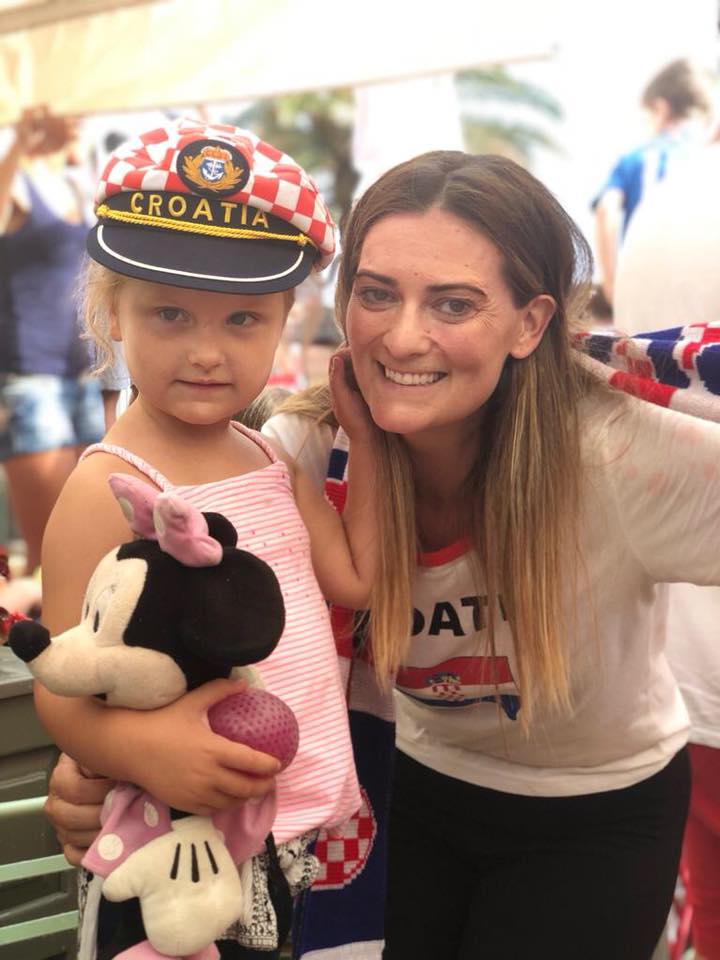
Through a lot of hard work, you two young ladies have been very successful, while many foreigners have given up and left Croatia. What are the keys to success in doing business in Croatia in your opinion?
Having a plan is very important and finding a niche in the market is key. There are still so many things that are needed here and I believe would be successful if done right. Having a good team of people to work with is also crucial. This definitely takes a lot of time and effort like it does anywhere but once you have the right foundation then everything is much more achievable and enjoyable.
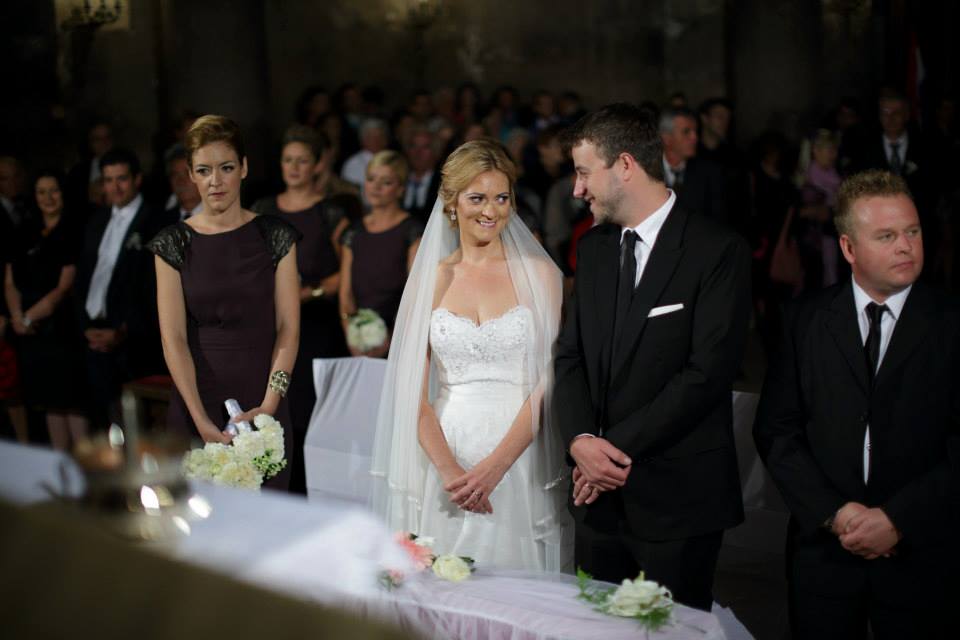
And finally, a word on this conference. What are you hoping to get out of it?
I am hoping to hear other people’s positive experiences and hear about future plans and projects in the region.
For the full programme at the 2nd International Conference on Diaspora Tourism (in English and Croatian), click here.
For more on the Croatian diaspora, check out the TCN dedicated section.
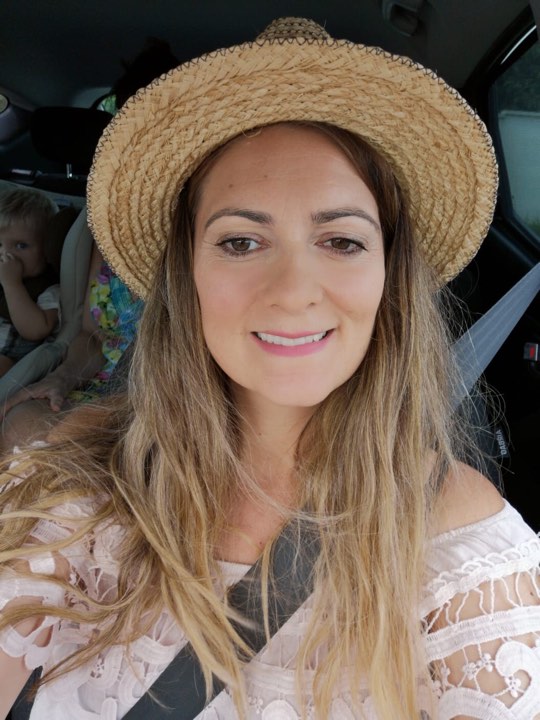
Republika Srpska to Rebuild Homes for 456 Croat Families
ZAGREB, May 11, 2019 - The authorities of the Republika Srpska (RS), the Serb entity in Bosnia and Herzegovina, will earmark additional funds to complete the reconstruction of 456 family homes for ethnic Croats, it was said on Friday after a meeting of Croat representatives and the newly appointed director of the secretariat for displaced persons and migration.
A press release issued after the meeting in Banja Luka says that the director of the secretariat for displaced persons and migration, Dragan Štrbac, informed RS Vice President Josip Jerković (HDZ BiH) of several projects earmarked for Croat displaced persons.
Štrbac said that the secretariat was continuing the work of the Ministry for Refugees and Displaced Persons. He explained that permanent housing would be provided for a total of 456 Croat families within the framework of a regional housing programme. He added that Croat families would also be taken care of through other projects that were being financed by international donors as well as from the budget.
According to the press release, Jerković expressed his satisfaction with the projects that the secretariat was implementing as well as with activities conducted in previous years by the ministry for refugees and displaced persons. According to Jerković, the repatriation of Croat families is as important as reconstructing infrastructure in the towns they are returning to, as well as providing support for projects of sustainable repatriation.
More news about the status of Croats in Bosnia and Herzegovina can be found in the Politics section.


